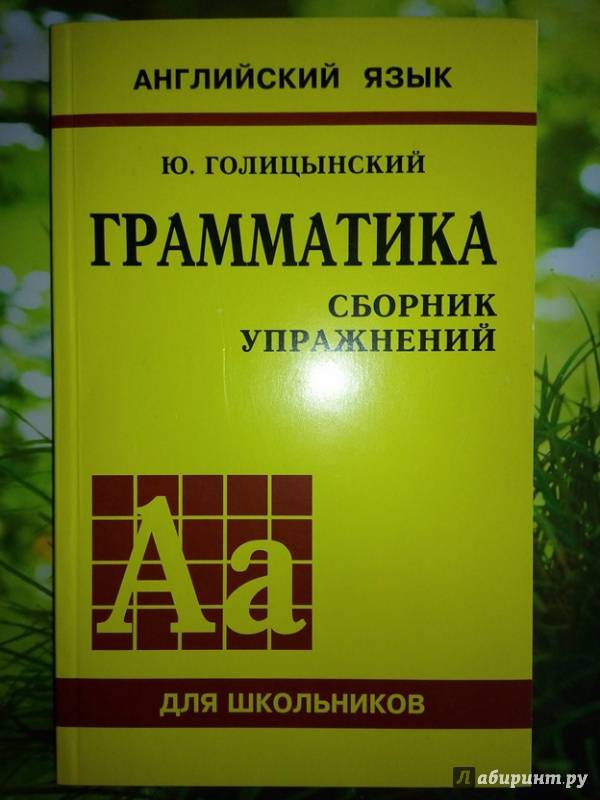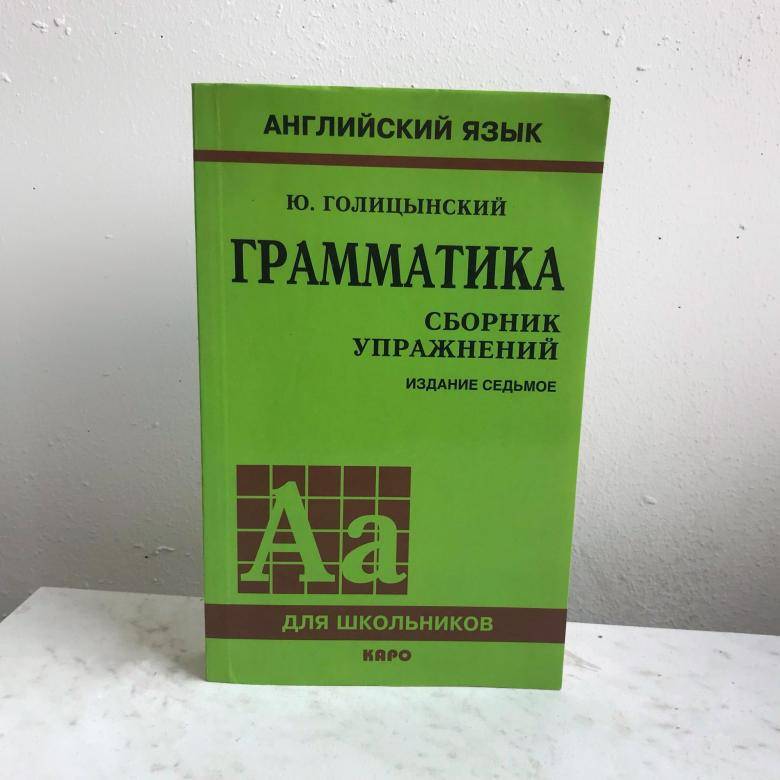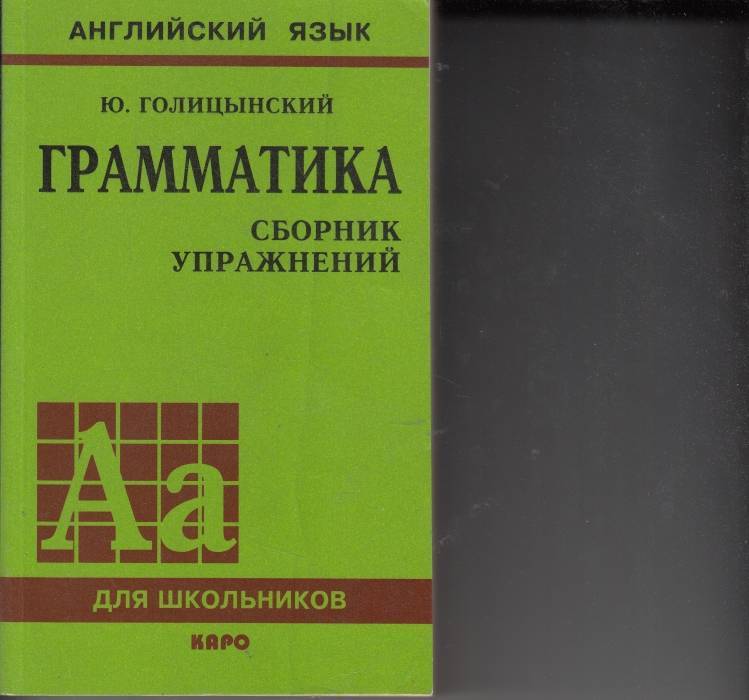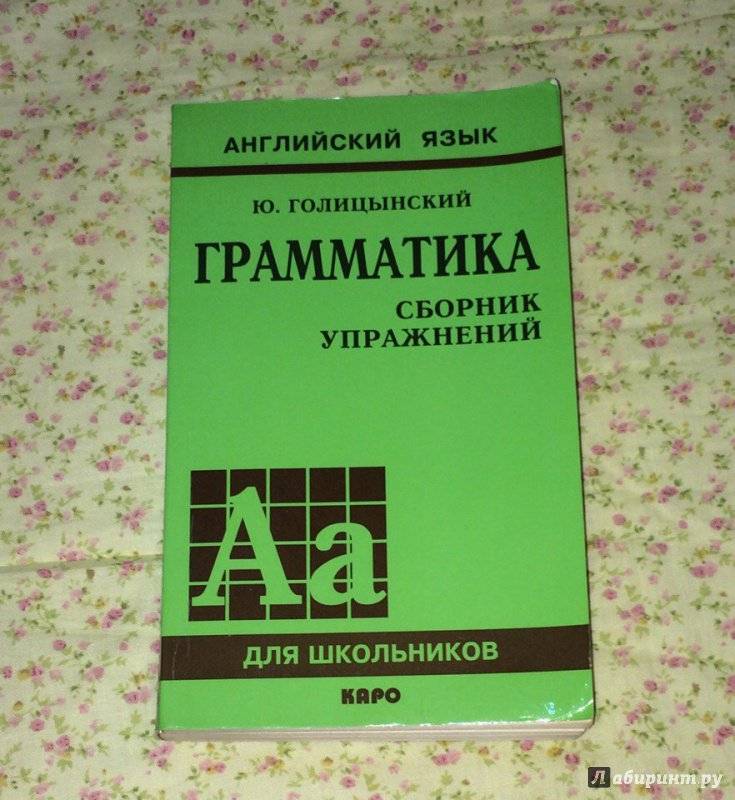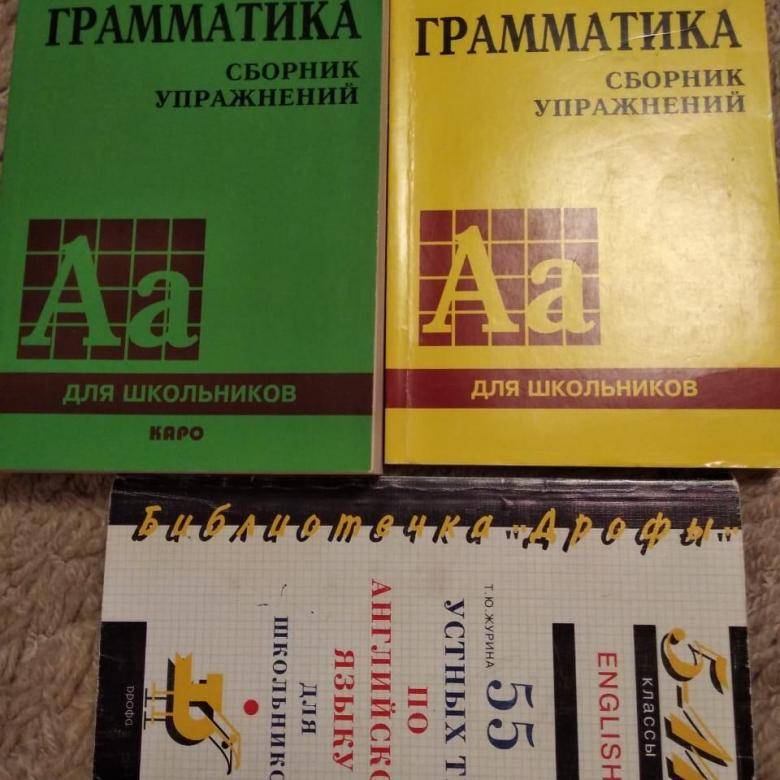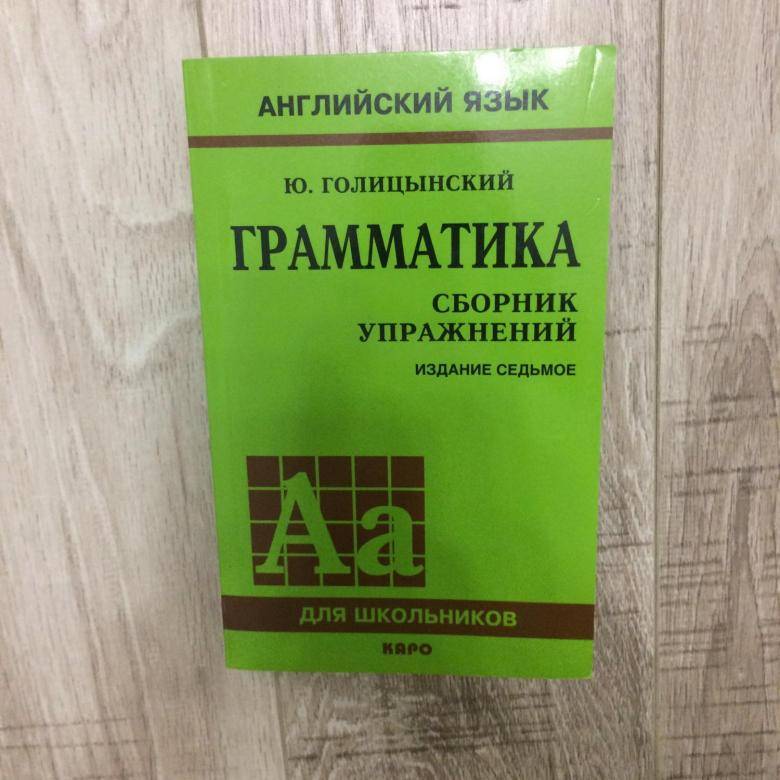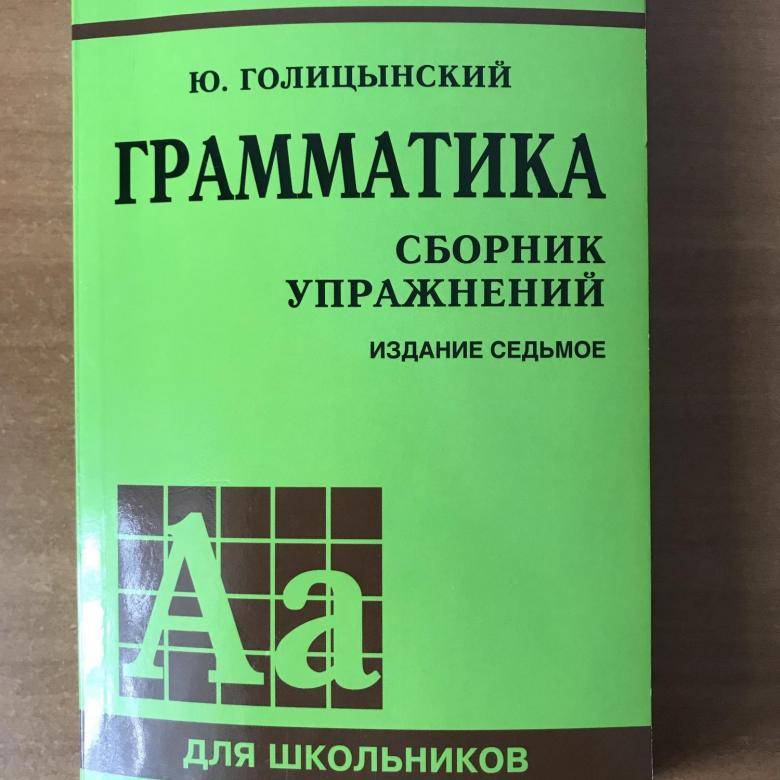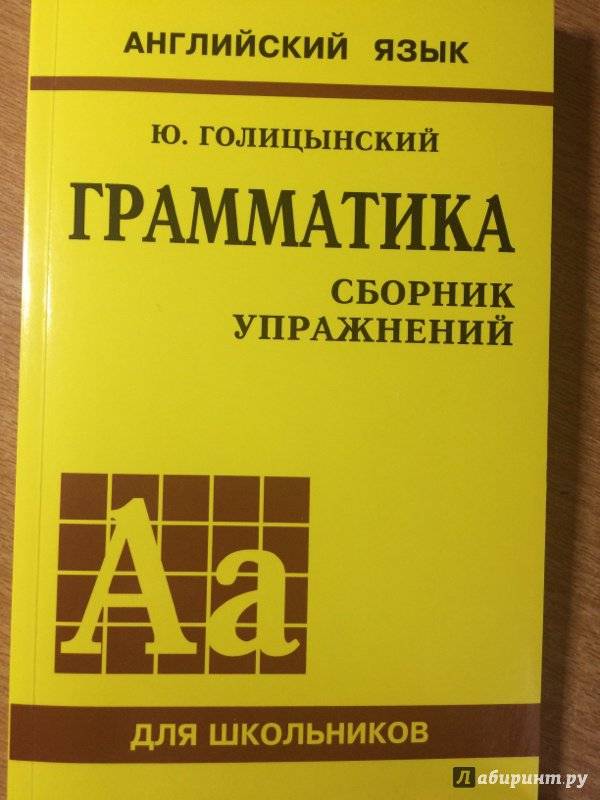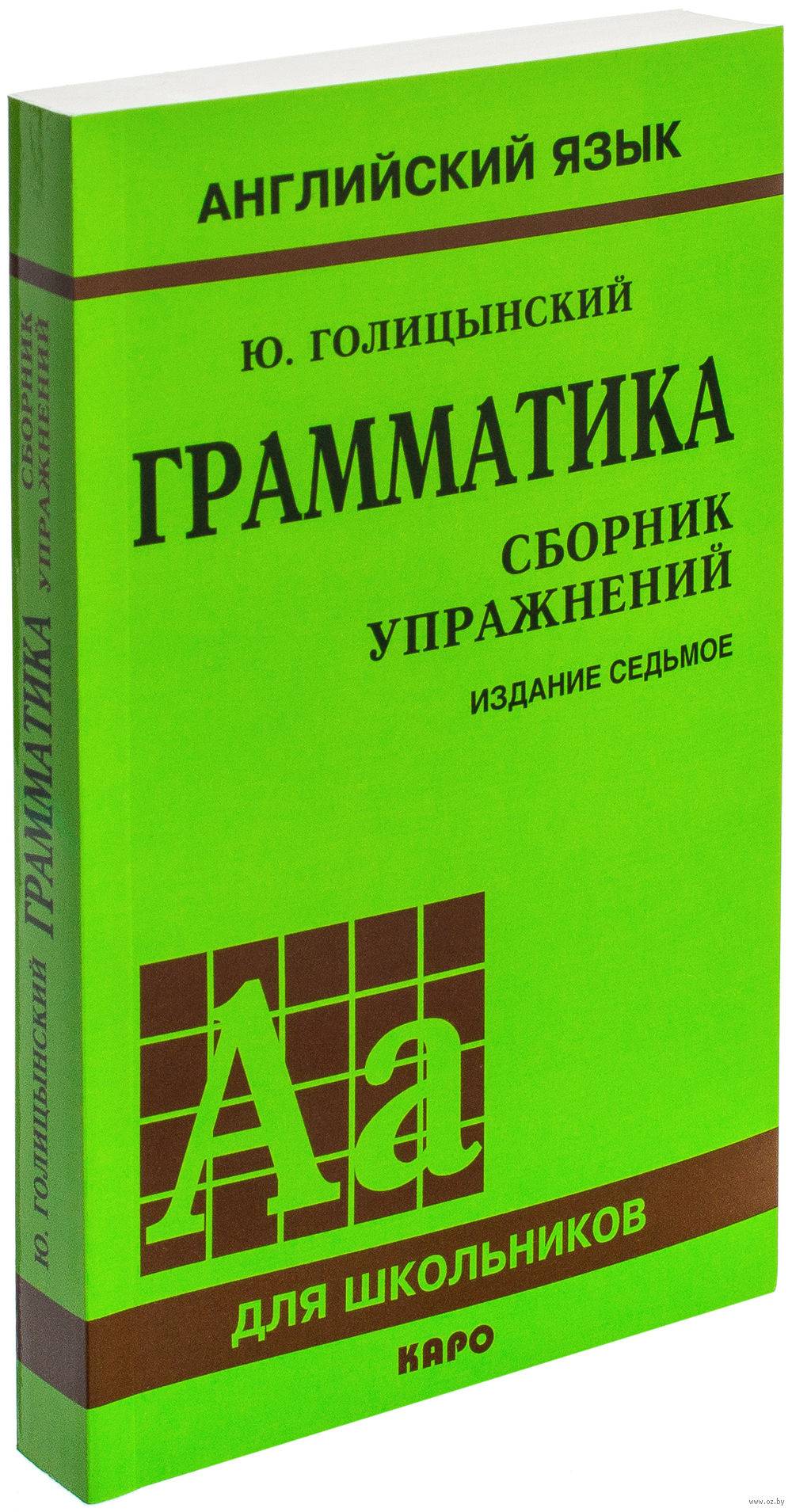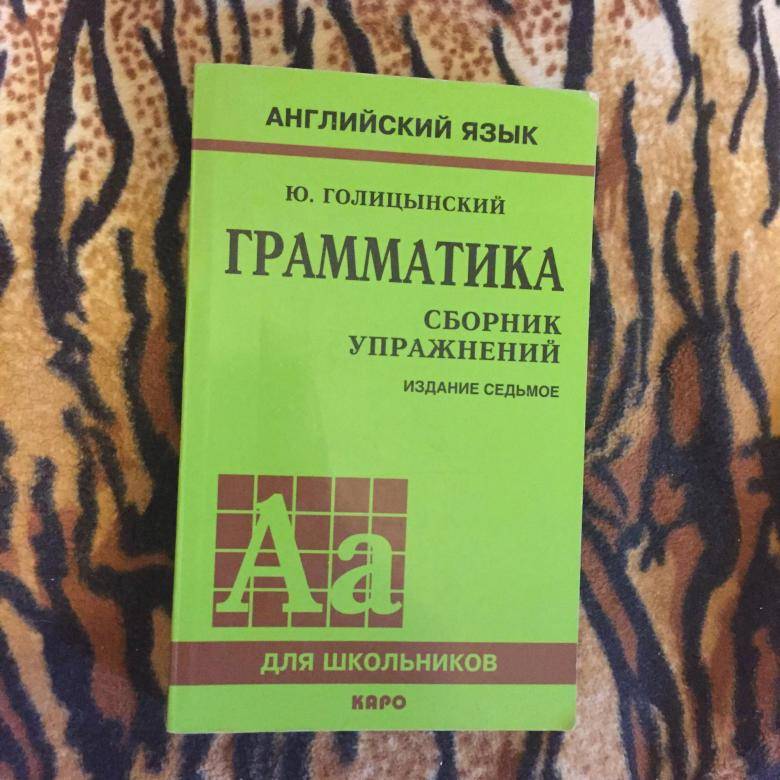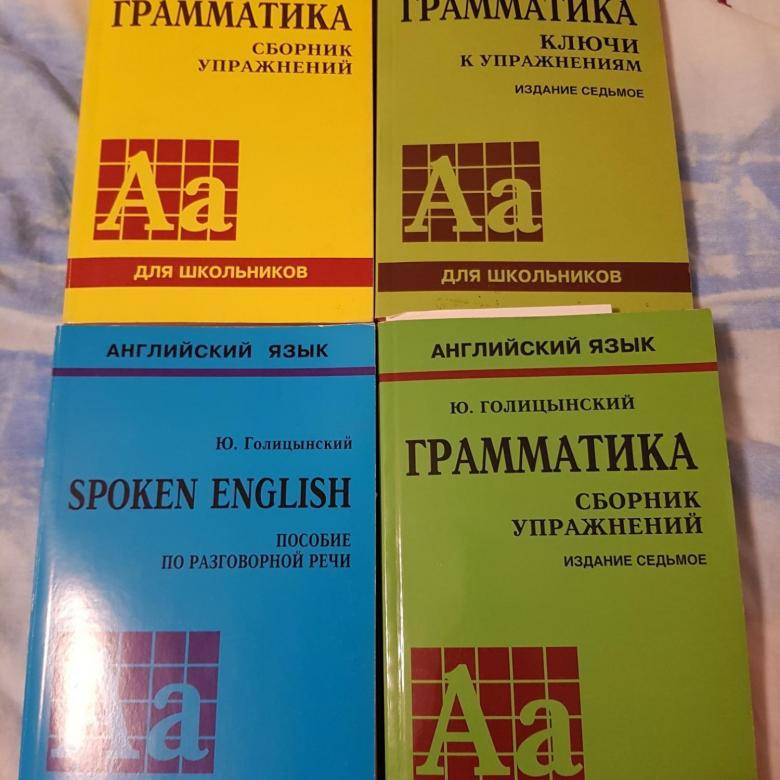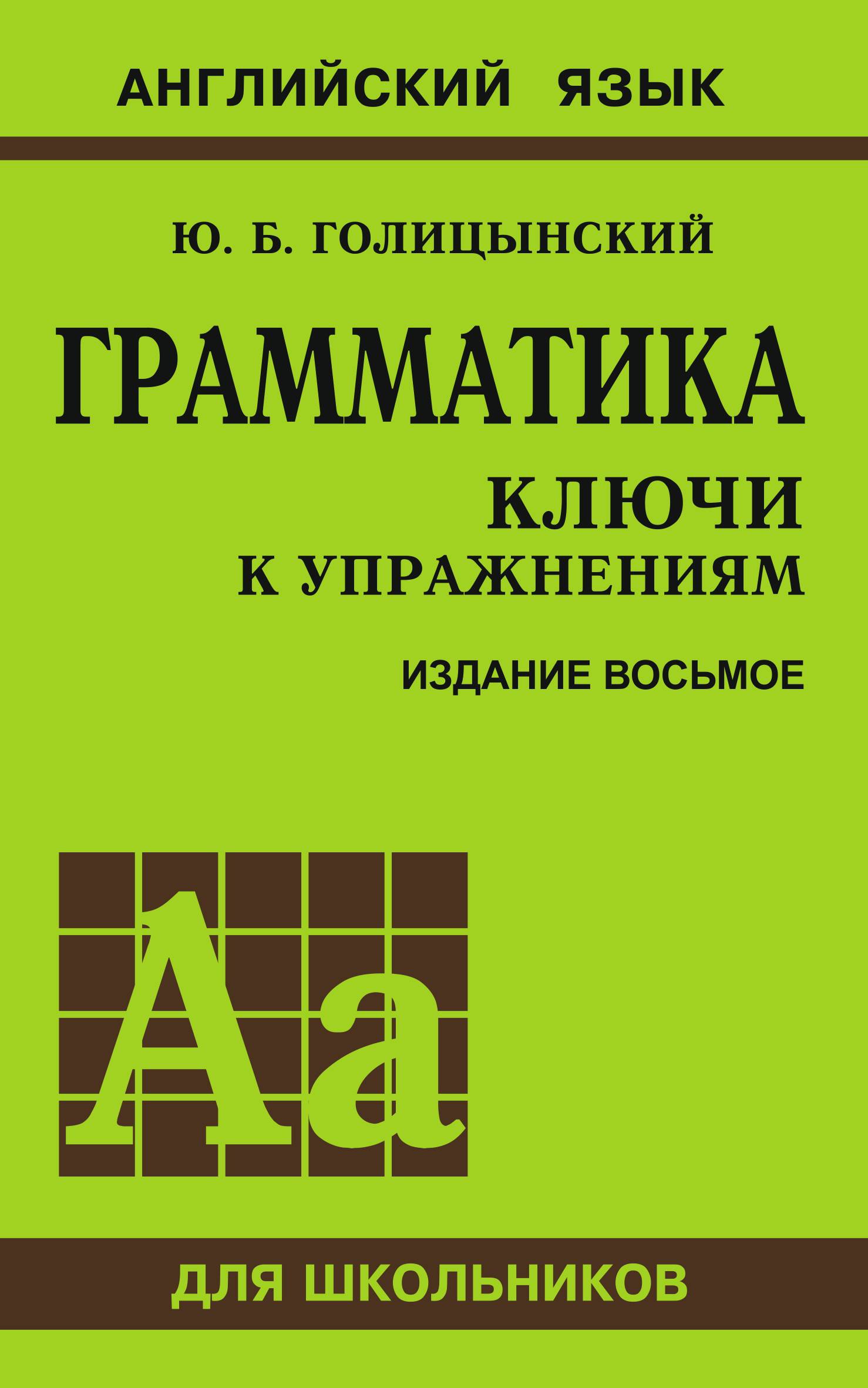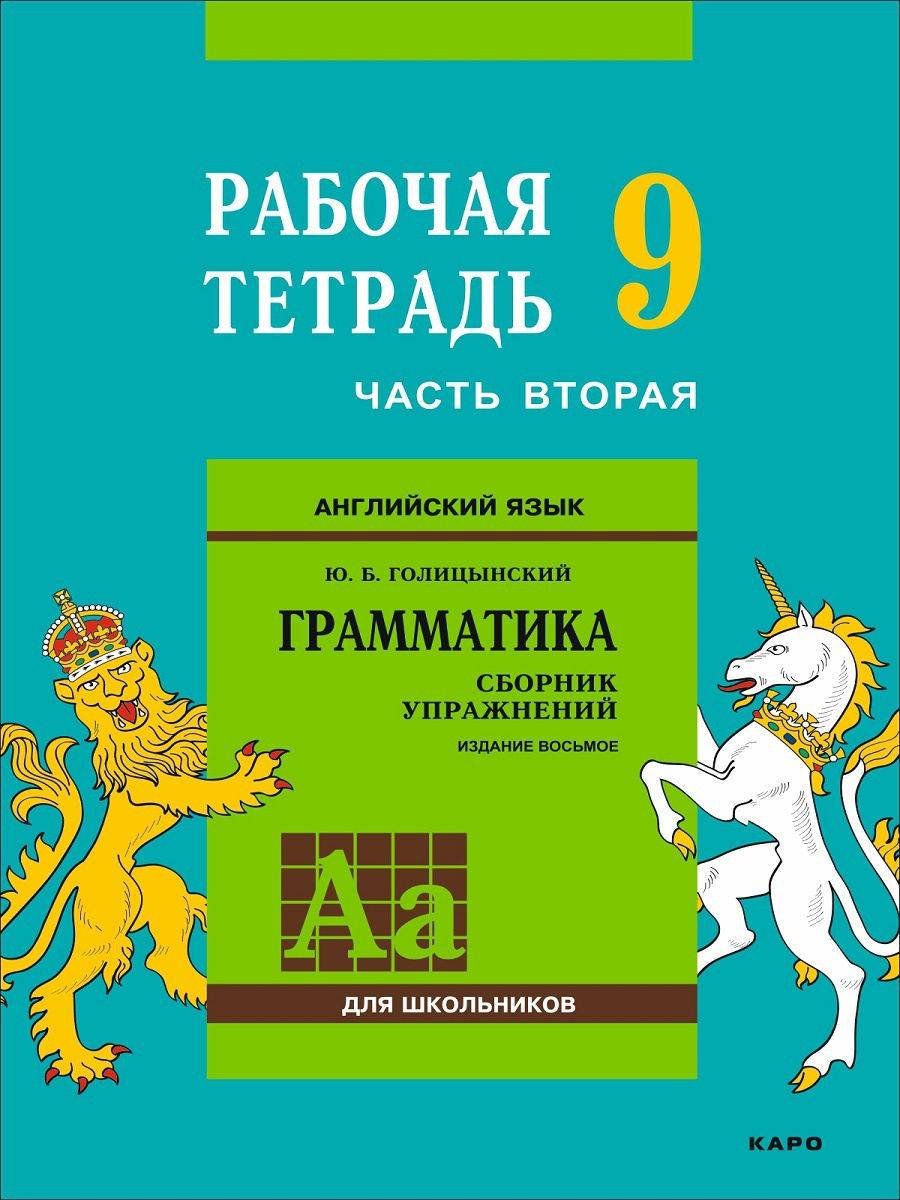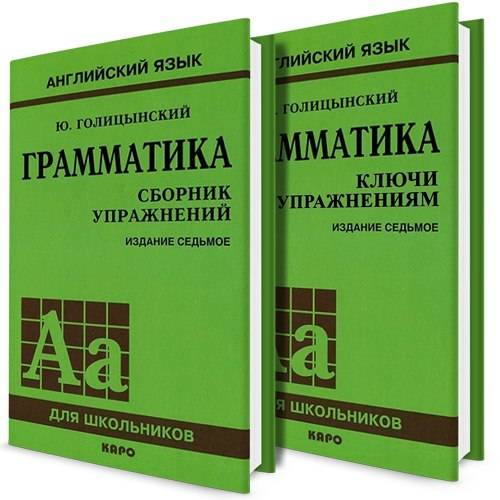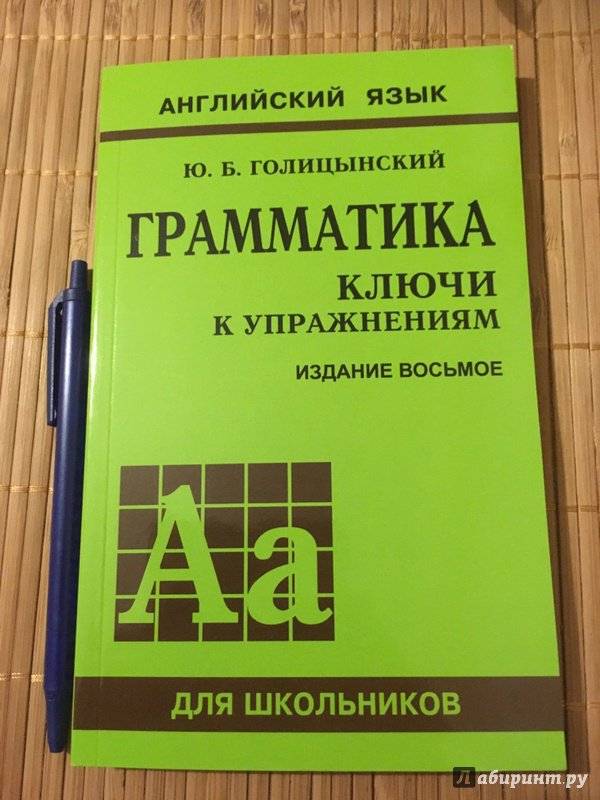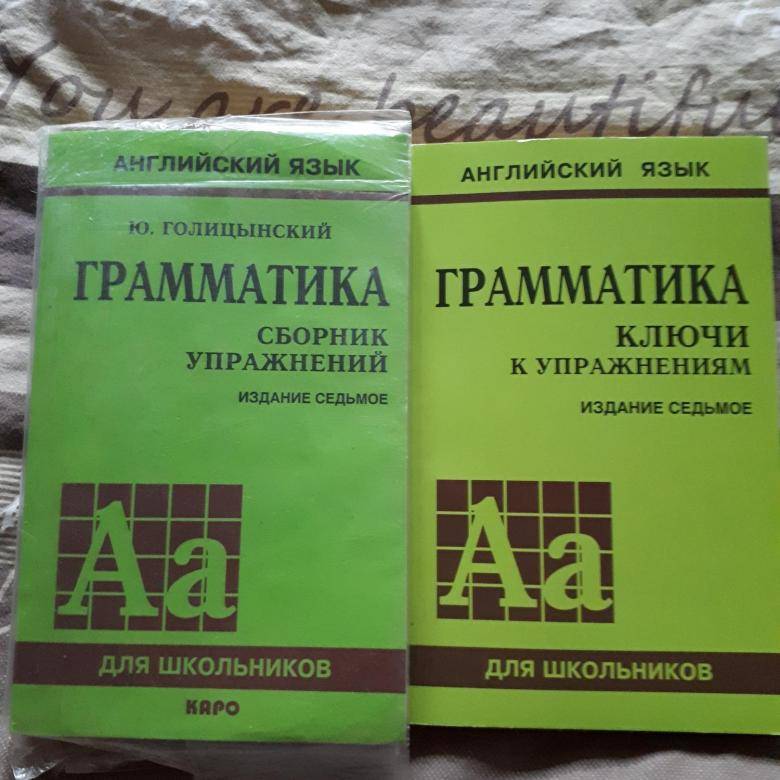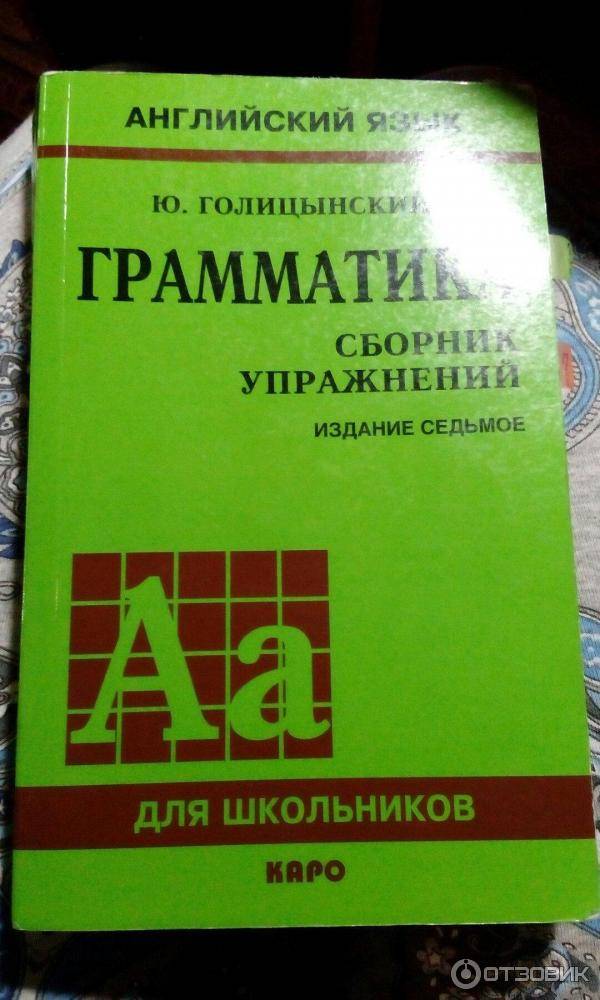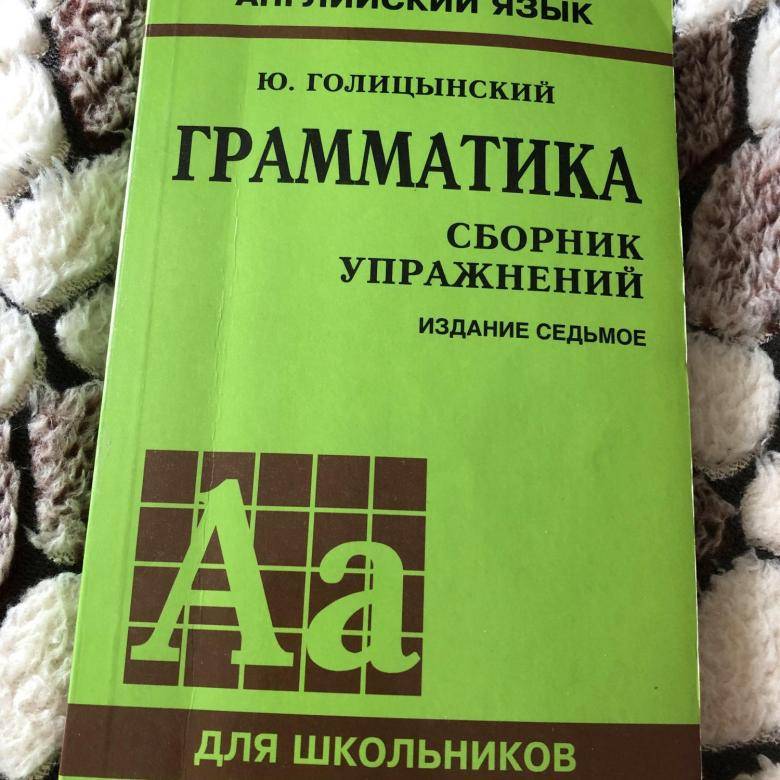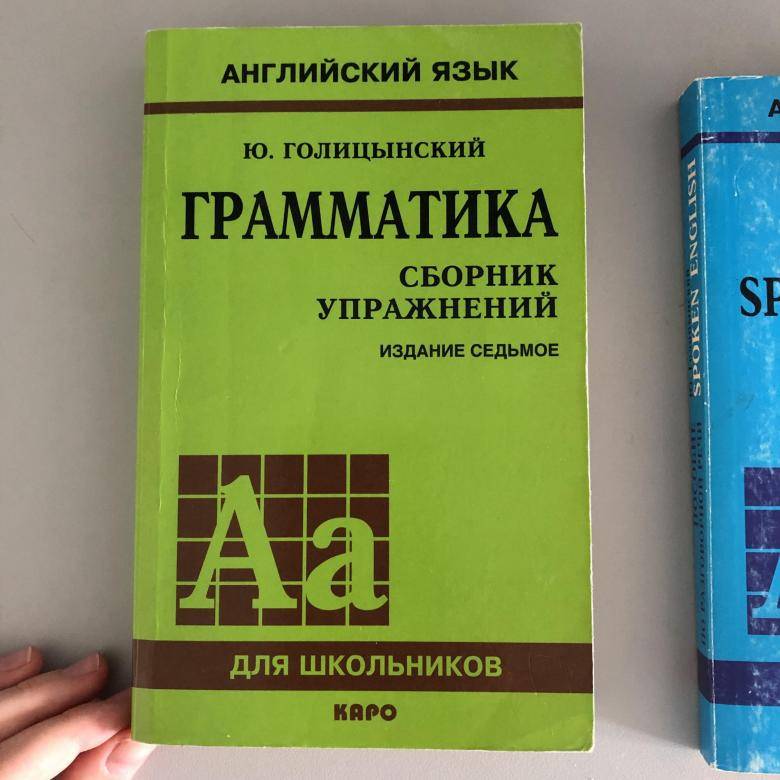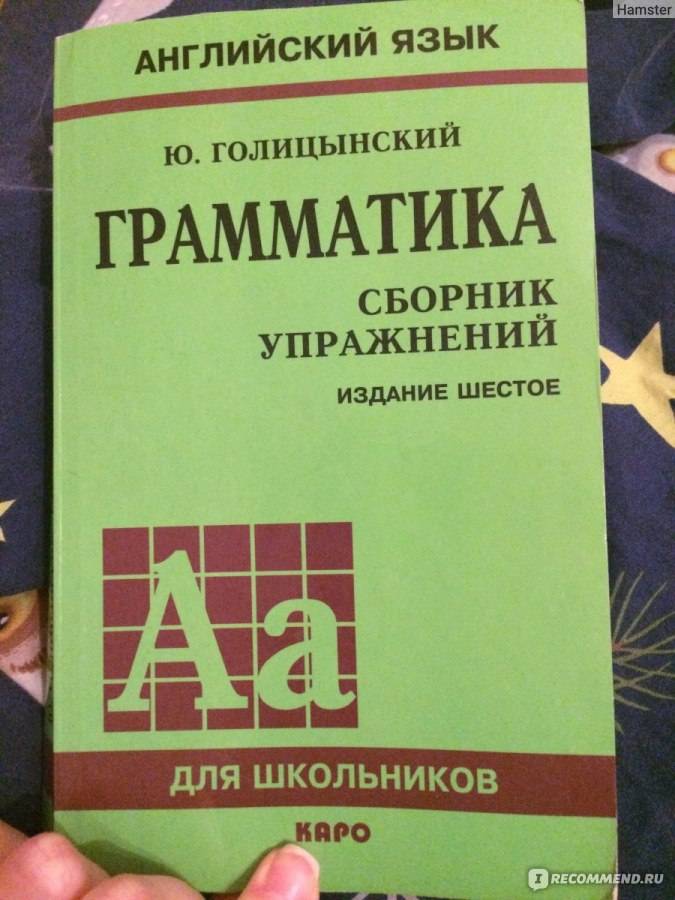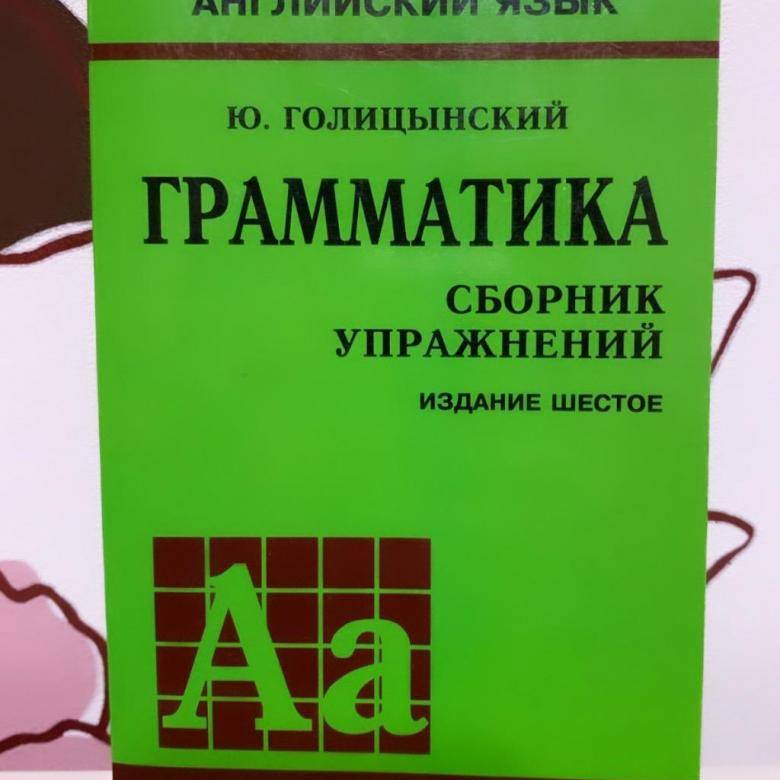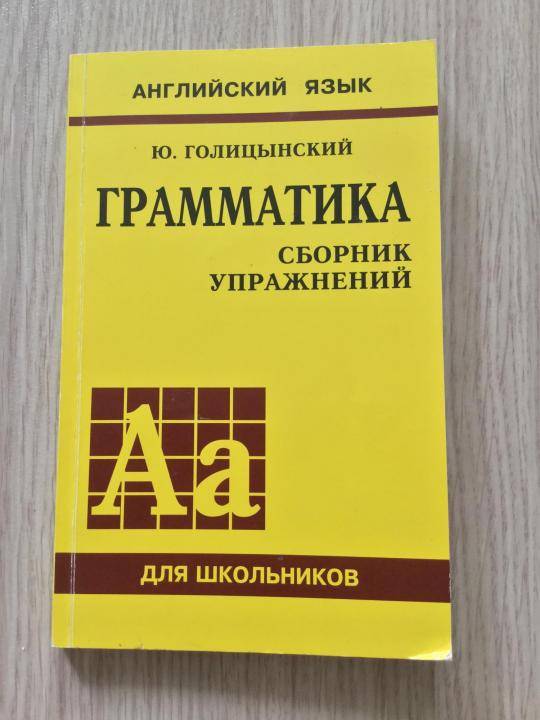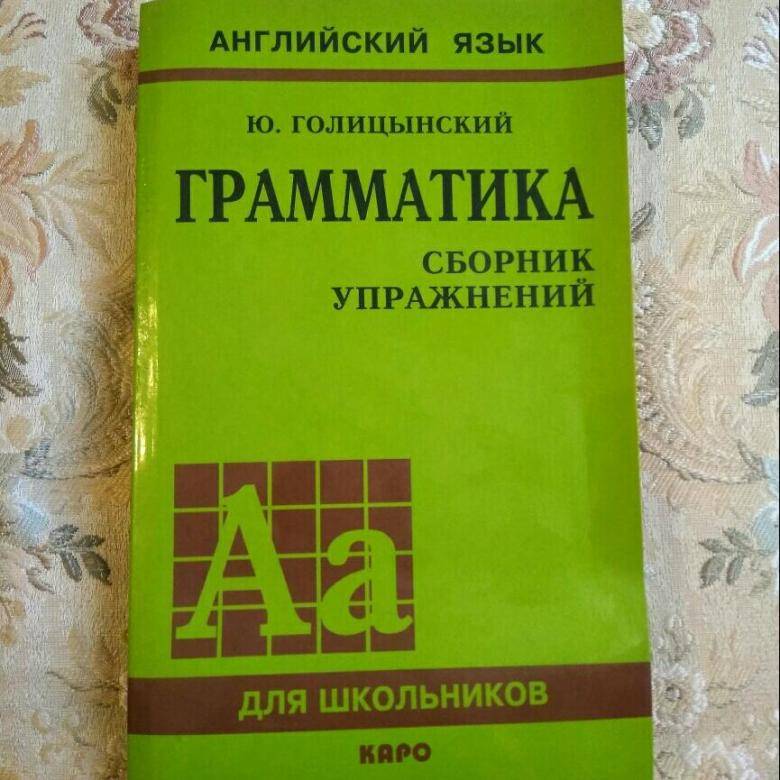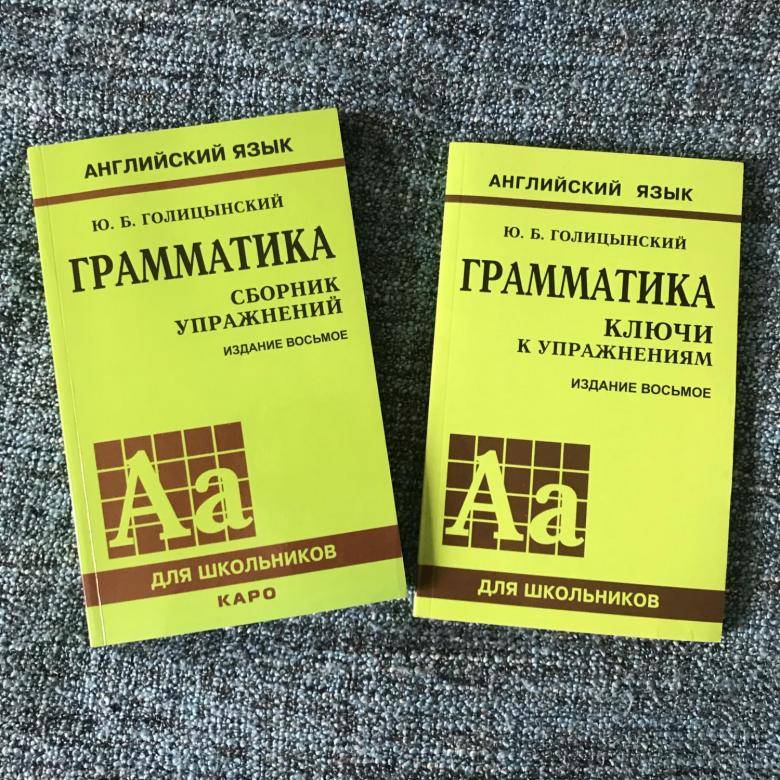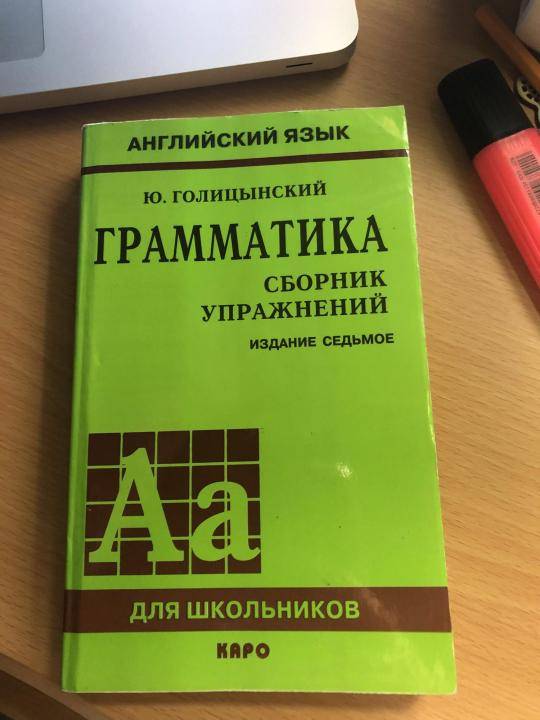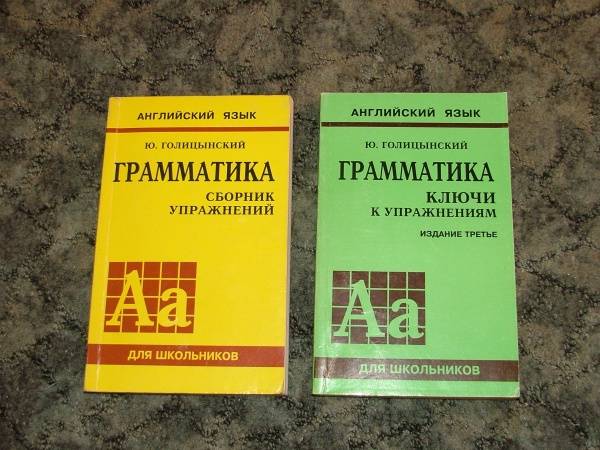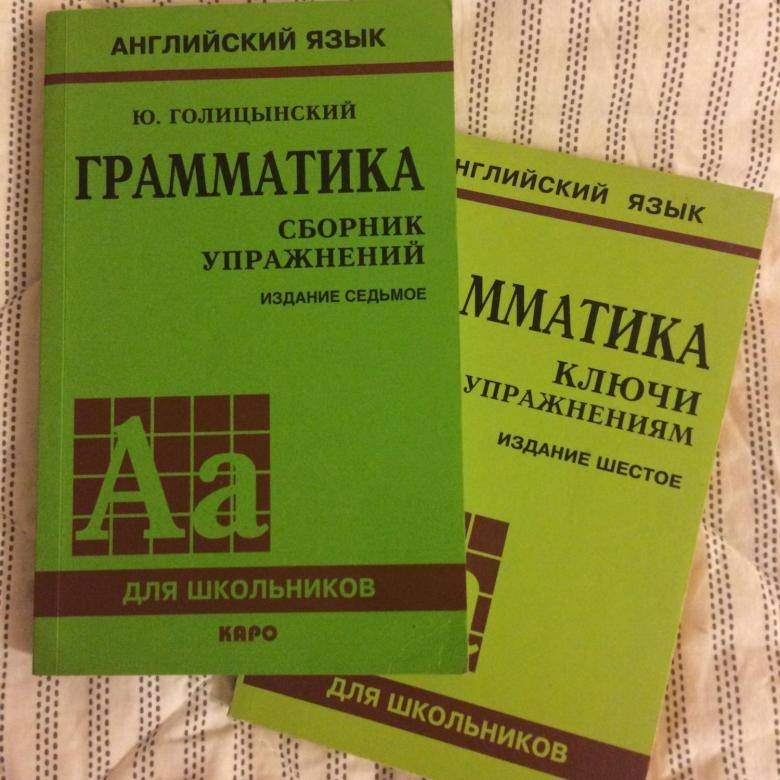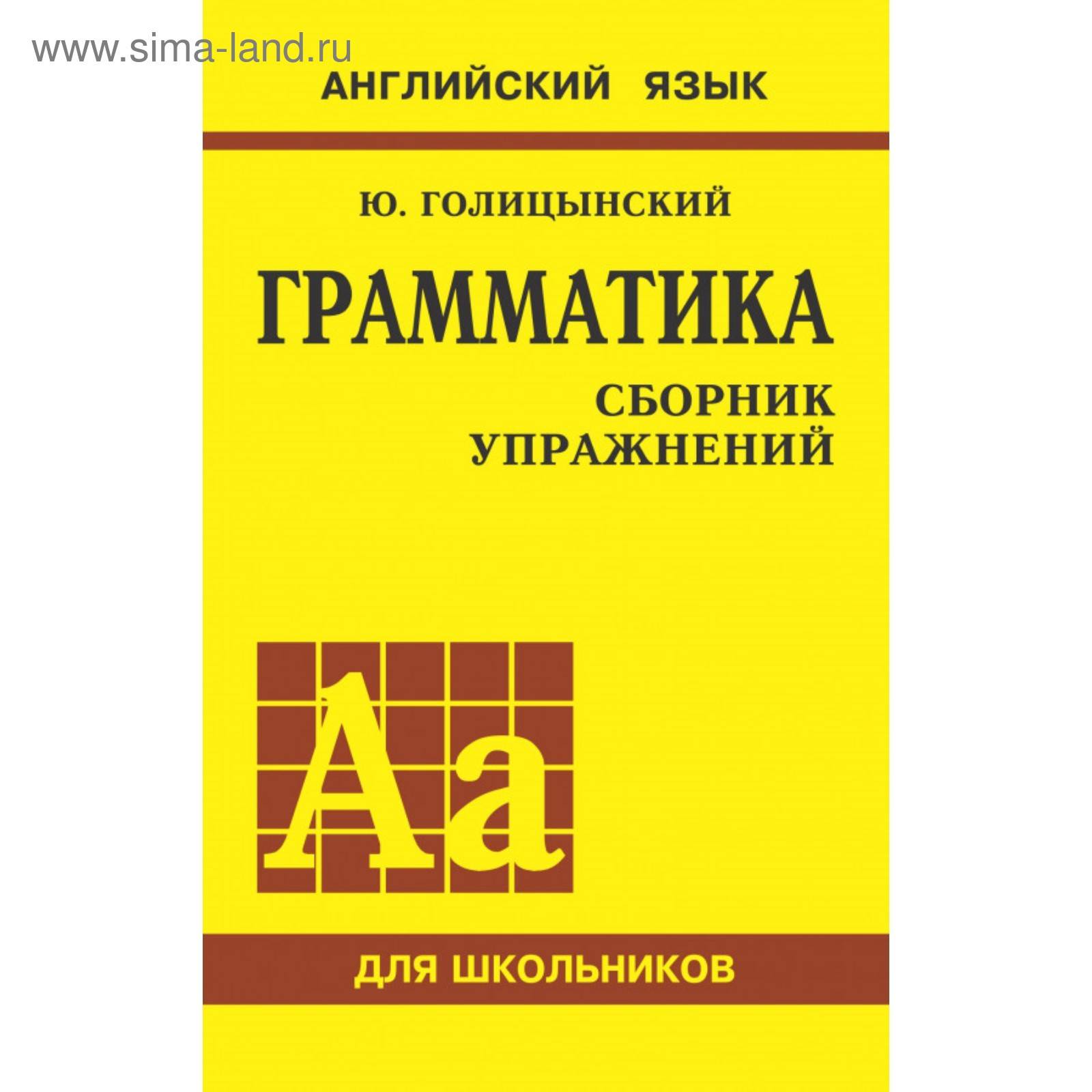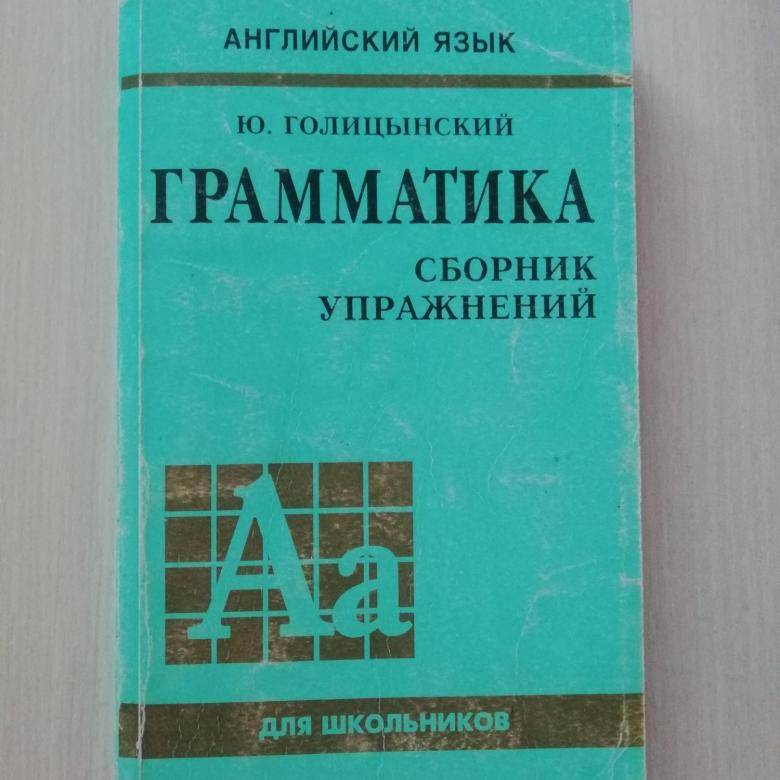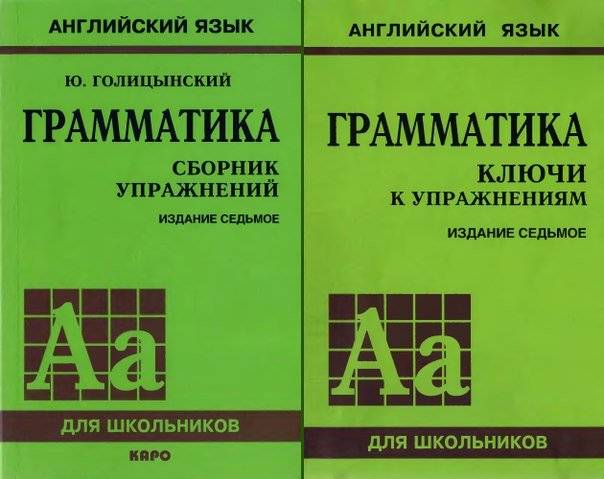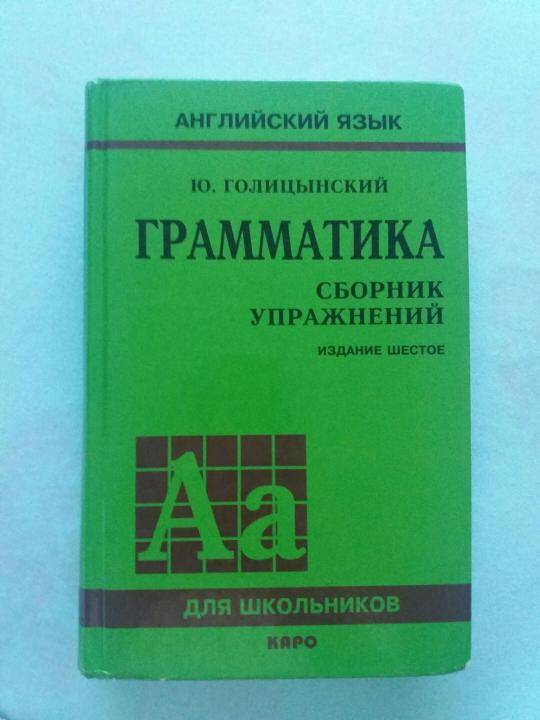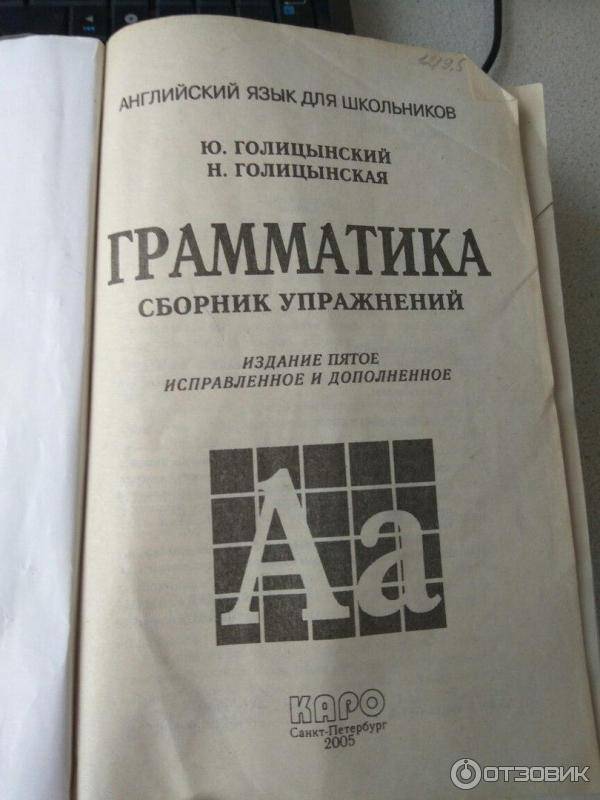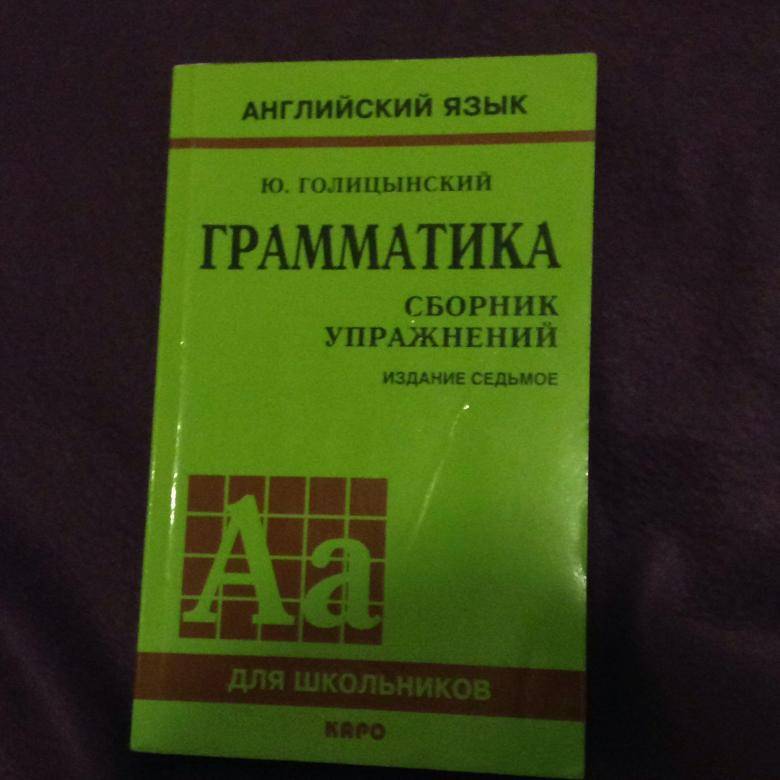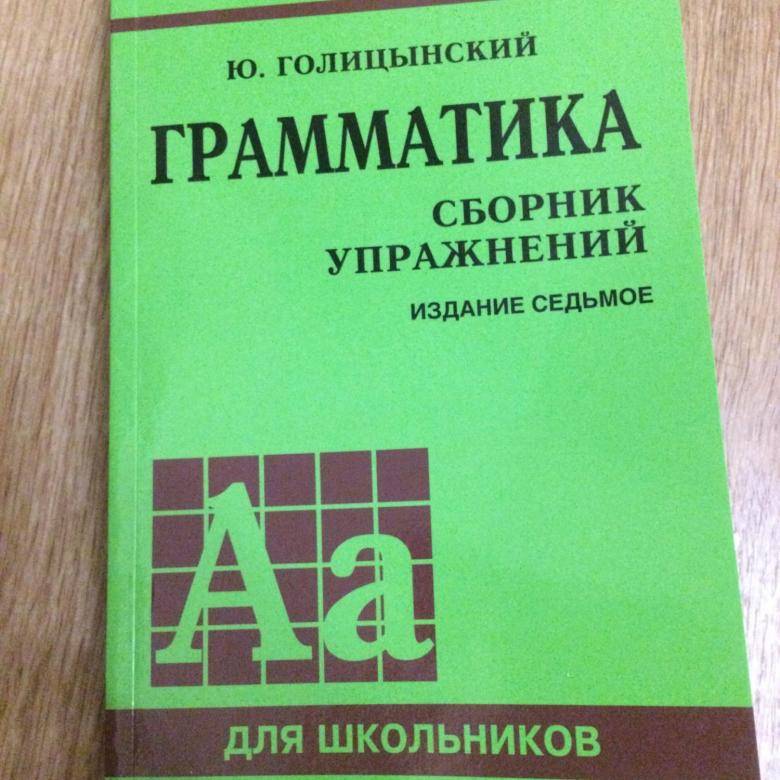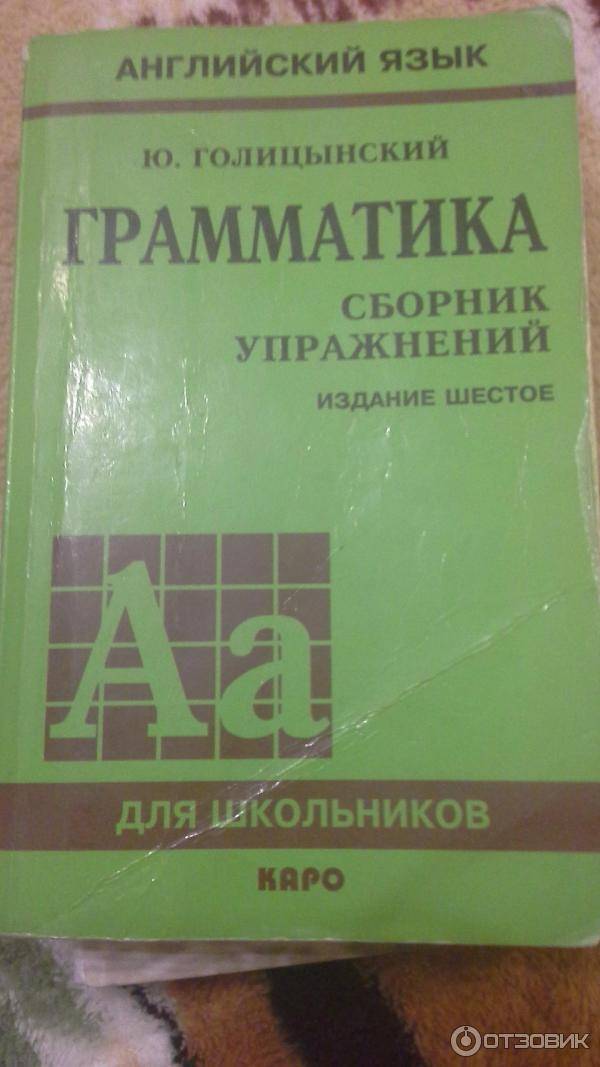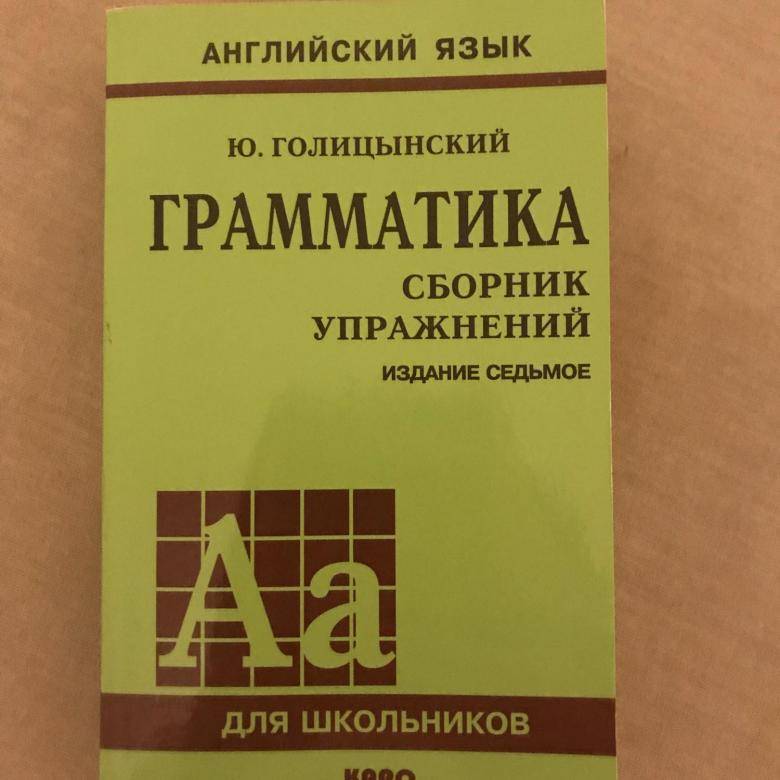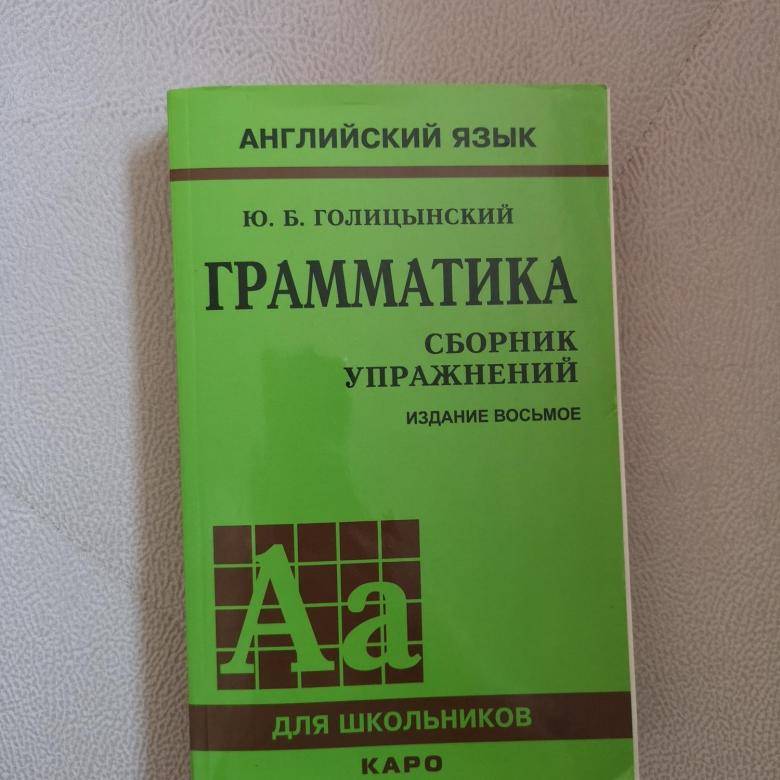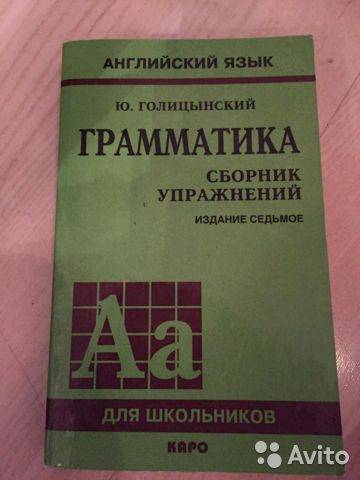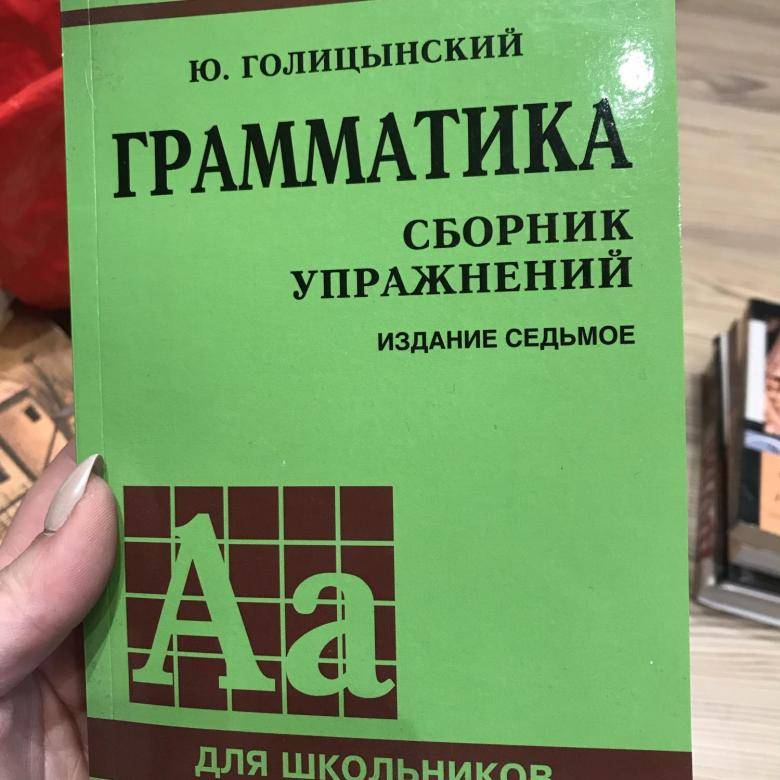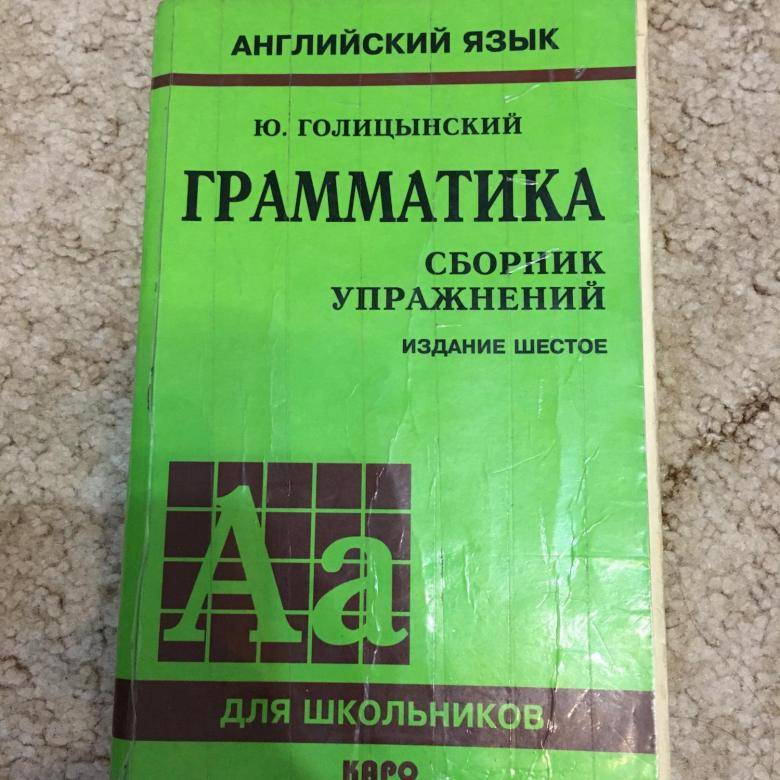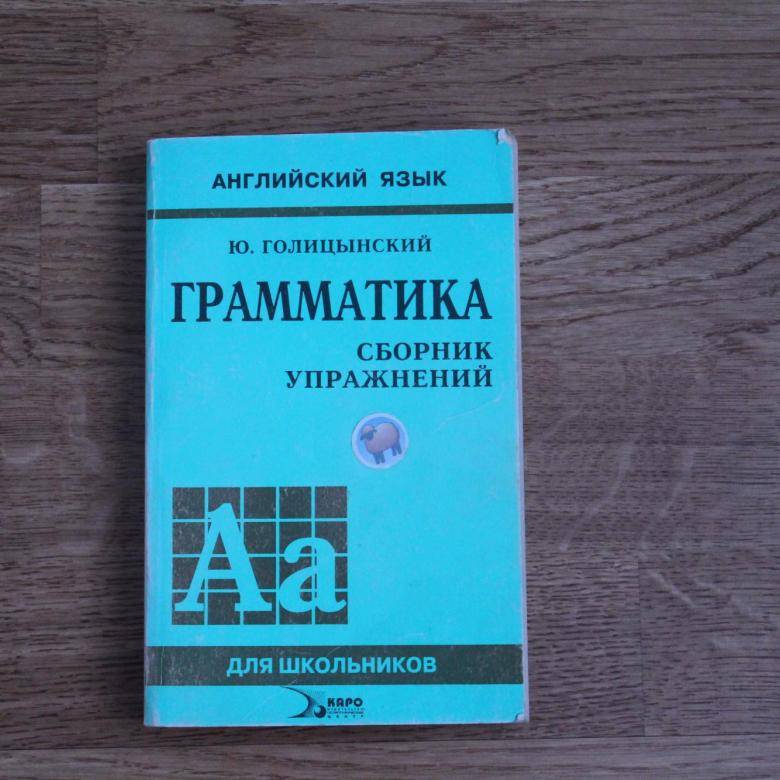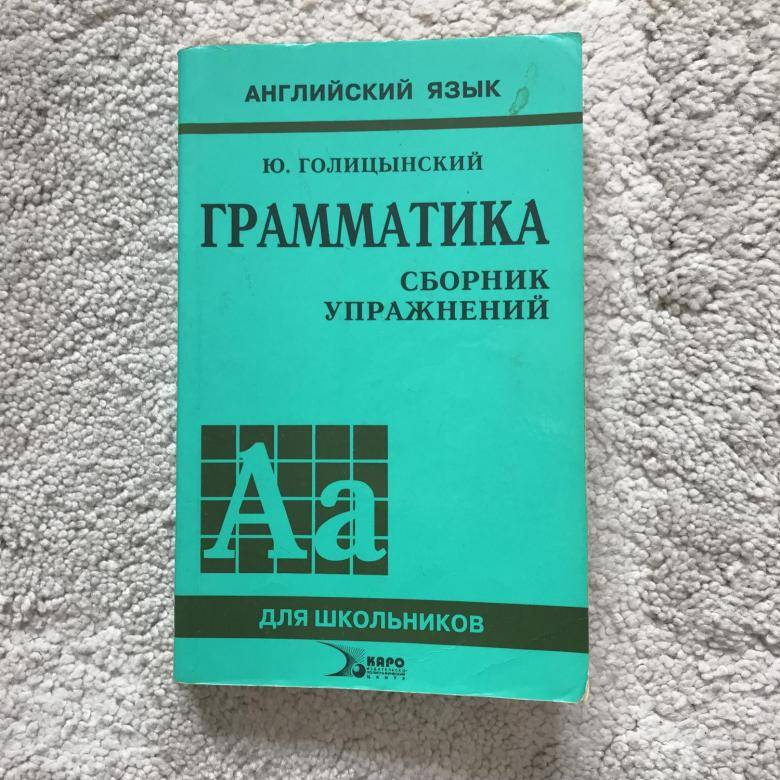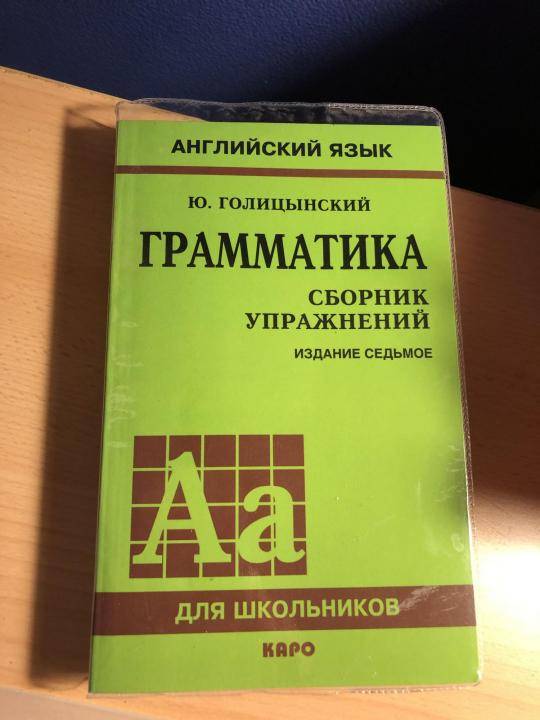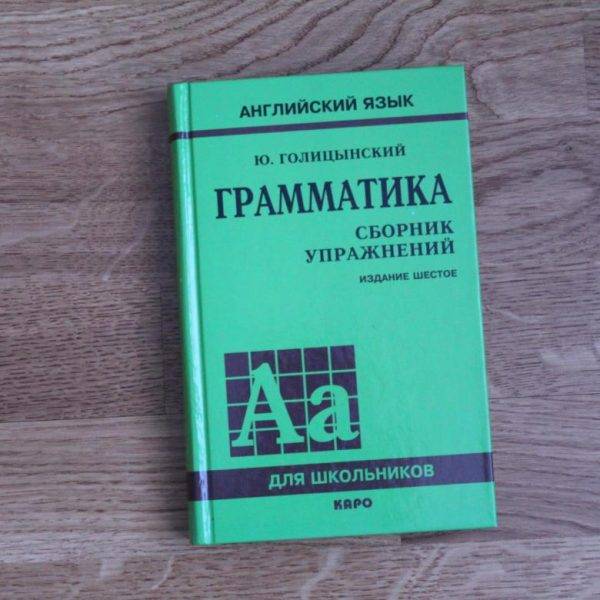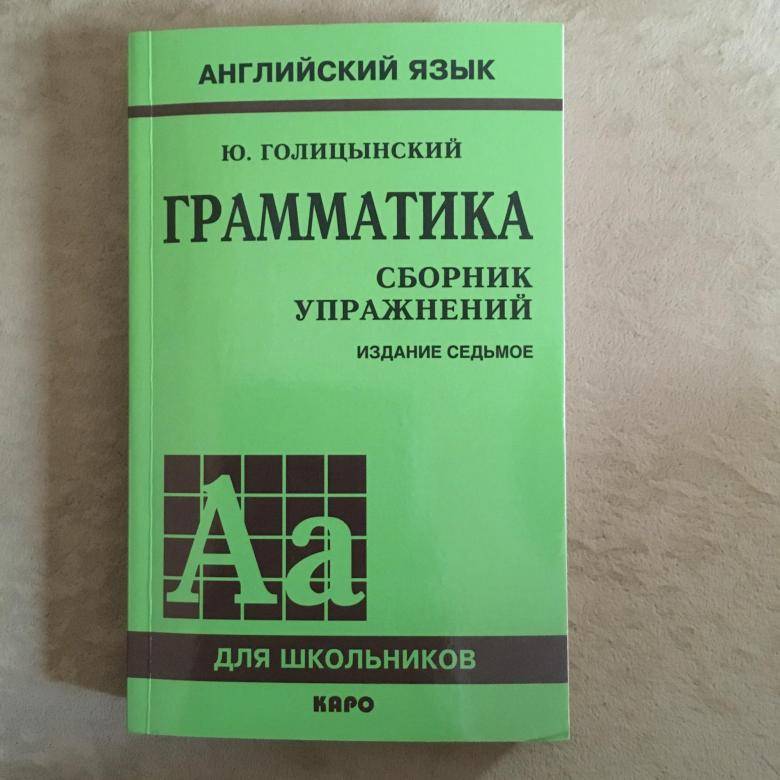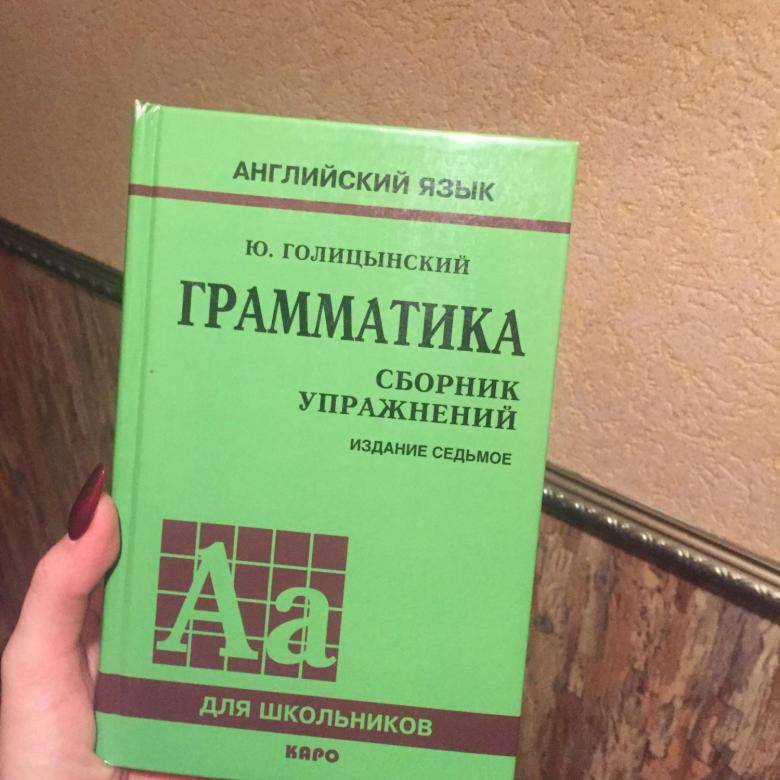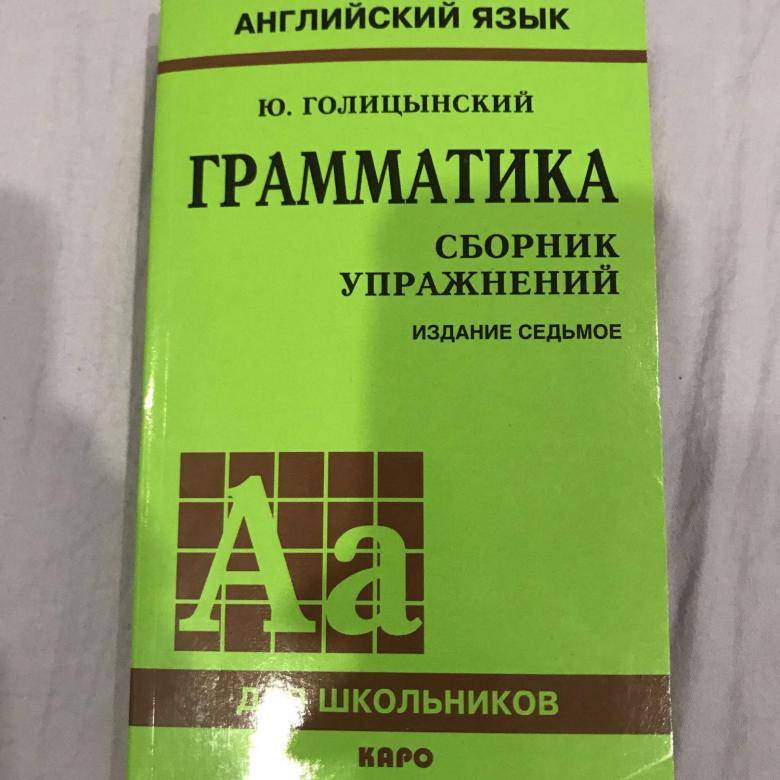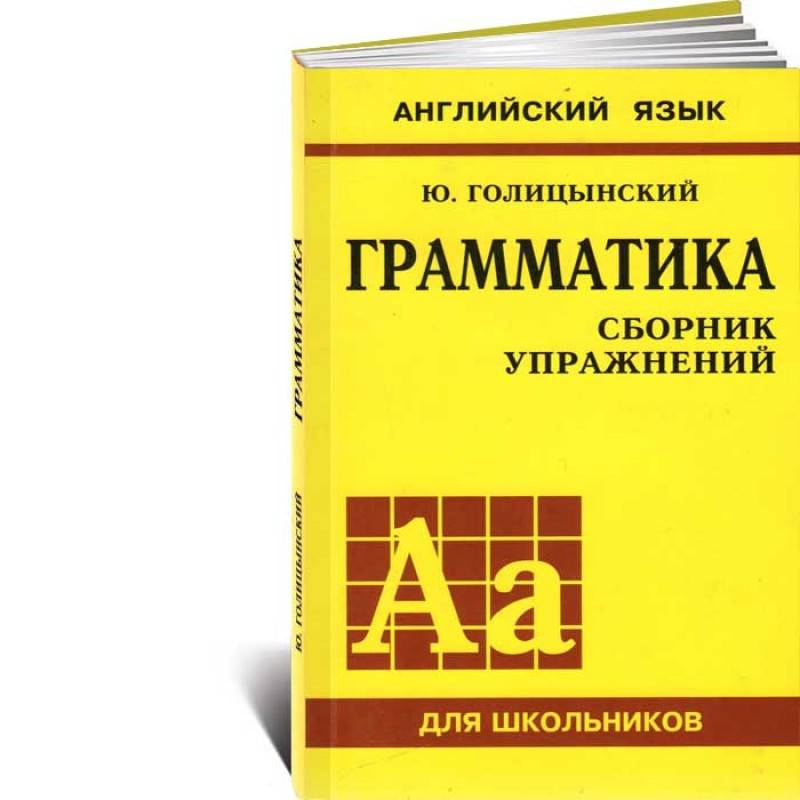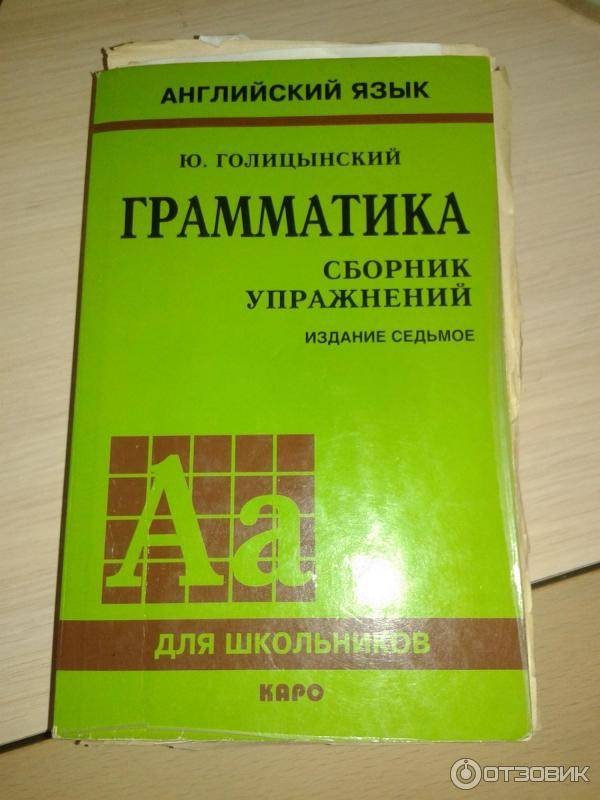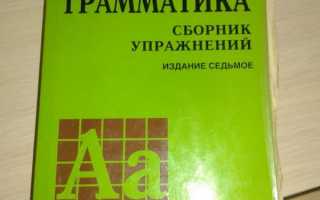Упражнение 170
1. Andrea Schatzmann lives, she gets, takes, she doesn’t normally have, she catches, her first class starts, she always has, the cafeteria food is, it is, her afternoon classes are, she is, she usually has, she has, she goes, a few friends usually go, he picks, he drives, they often go, she sometimes goes, she invites, they listen, talk, Mr and Mrs Connor often take, she calls, they never talk, it is, she usually calls, it is. 2. What time does Andrea usually get up? 3. When does she catch the bus? 4. Does she take a shower in the morning? 5. Does she go home for lunch? 6. When does she go swimming? 7. How does she get to the pool? 8. What does she do on Saturday evenings?
Упражнение 218
1. Where were you, I was, I rang, nobody answered, I was, I was reading, did not hear. 2. What were you doing, I was working, I was, I did not see. 3. Nina celebrated, there were, I came, somebody was playing, two or three pairs were dancing. 4. Somebody is playing. 5. I like. 6. I looked, it was raining, people were hurrying. 7. What were you doing, I was having. 8.I came, I saw, were sitting, father was reading, who lives. 9. I was working. 10. It was raining. 11. Where is your sister, she is, she is doing. 12. He is brushing, he cleans. 13. She is sleeping. 14. You are talking, you never talk. 15. My mother is sitting, I am setting.
Упражнение 266
1. How long have you been waiting. 2. I met, I had not seen. 3. I shall not yet be sleeping. 4. You will be, you do not take. 5. The sun had set, it was beginning. 6. I came, my sister had already returned, was sitting. 7. He had smoked, had looked, he heard. 8. Andrew saw, he entered, she was sitting, she had greatly changed, looked. 9. She has just received. 10. He had just approached, she entered. 11. He has been writing, he says, he will soon finish, he is thinking. 12. The nurse has put (is putting). 13. He had been working. 14. Hardly had I gone, I remembered, I had forgotten. 15. It is, haven’t you finished.
Упражнение 245
1. Mike eats, he is eating, I saw, he was eating, he said, he had eaten, he will fall, he eats. 2. They were walking, talking, Nick stopped, said, I have lost, you do not find, we shall have. 3.I came, I learnt, my train had already left. 4. What was he doing, you saw. 5. I shall give, I finish. 6. The ship was crossing, a great storm broke. 7. I’ve never heard. 8. Have you just written.
Упражнение 168
1. I am reading.
2. He is not writing.
3. We are not working.
4. Are you reading?
5. Is he sleeping?
6. Nick and Mike are playing football.
7. Kate is playing the piano.
8. She is not singing.
9. My sister is sleeping.
10. Is father drinking tea?
11. Are your parents drinking tea?
12. I am not sleeping.
13. She is sitting at the table.
14. We are doing an exercise.
15. We are not bathing.
16. Are they playing in the yard?
17. Nina and Ann are washing the floor.
18. Nick is helping his mother.
19. Are you helping your father?
20. My sister is reading an interesting book.
21. They are going to school.
22. Are you going to school?
23. Is he working?
24. Is your grandmother going to the shop?
25. He is buying sweets.
26. What is your sister doing?
27. Where are the children playing?
28. Why are you laughing?
29. Where are they going?
30. What are these boys carrying?
31. I am sitting on a bench in the park and feeding birds.
32. Mother is sitting on the sofa in the drawing room and watching TV.
33. This is a photo of my friends. Tom is playing the guitar and Jane is singing. 34. And here they are dancing at my birthday party.
Упражнение 195
Boris woke up when it was already quite light. He looked at his watch. It was a quarter to seven. Quick! Boris jumped out of bed and ran to the bathroom. He had just time to take a cold shower and drink a glass of tea with bread and butter. He was in a hurry to catch the 8 am train. At the railway station he met three other boys from his group. They all had small backpacks and fishing rods. In less than an hour they got off the train at a small station near a wood. They walked very quickly and soon found themselves on the shore of a large lake. The boys spent the whole day there fishing, boating and swimming. They returned home late at night, tired but happy.
Упражнение 224
1. Why has he stopped. 2. My cousin is looking, he hasn’t found. 3. It has been. 4. What are you studying. 5. They have just given you a pay rise. 6. She is knitting. 7. Have you only had, you haven’t eaten. 8. People are planting. 9. Are you going. 10. Johnny, who has finally found, is giving. 11. How long have you been. 12. Have you seen. 13. What are you looking. 14. Nancy is looking. 15. She is going, she is not going. 16. Has Mike left. 17. Have they paid. 18. How long have you known. 19. Your car is making. 20. The boy has done, is taking. 21. I am having. 22. Jay has never travelled. 23. We have always had. 24. Larry has never owned.
Упражнение 152
1. He will come in an hour. 2. Wait a little, please, I shall return in a few minutes. 3. We shall finish school in a few years. 4. In two or three years everything will change. 5. I haven’t been to Estonia since 1997. Next summer I shall go there. I shall spend the whole summer there and return to St. Petersburg by the first of September.
6. Last Sunday we got up at sunrise and by seven o’clock we were ready to go. At ten minutes past seven we started. We went to the bus stop. There were few people at the stop: on Sunday people don’t like to get up at sunrise. The bus came up to the stop in ten minutes. We went to the railway station. In half an hour we were at the railway station. On the platform we met our friends. In an hour we were already in the country. We went to the forest. It was hot, but when we went into the forest, it became cool. We spent the whole day in the country and returned to town at sunset.
“This Is Just to Say”, автор: William Carlos Williams
О стихотворении
Стихотворение “This is Just to Say” было опубликовано в 1934 году. Его написал один из самых значимых современных американских поэтов Уильям Карлос Уильямс.
Уильямс вдохновлялся творчеством другого великого американского поэта, Уолта Уитмена (Walt Whitman). Уитмен считал, что поэт должен писать о свой собственной жизни и не следовать в своем творчестве строгим правилам. Уильямс разделял эту идею: он писал стихи о повседневности, и особенно его интересовала жизнь американских пригородов.
Стихотворение “This Is Just to Say” («Просто хочу тебе сказать») это записка, которую автор оставил своей жене на холодильнике. Он сообщает, что съел все сливы, которые она, вероятно, приберегала на завтрак, и извиняется.
Вы можете прочитать это стихотворение и прослушать его в исполнении автора на сайте PennSound. Аудиозаписей несколько; на первой есть небольшое вступление, а сам стих начинается с 1:04.
Примечания
Многие читатели считали и считают, что сливы в этом стихе – не просто сливы, а метафора (слово или выражение, употребленное в переносном значении и представляющее какой-то другой, похожий на него предмет). Например, отдельные критики писали, что сладкие фрукты (сливы) – это метафора любовной интриги на стороне, в которой лирический герой признается жене.
Обратите внимание на отсутствие пунктуации, а также на детали этого короткого стиха, которые делают его действительно похожим на второпях написанную и прикрепленную на холодильник записку
Задание
На этом стихотворении можно научиться тому, как использовать описательные определения – например, “plums” (сливы) охарактеризованы сразу тремя прилагательными. Попробуйте их найти!
Во-вторых, это очень короткое стихотворение, поэтому его можно и нужно выучить наизусть.
Наконец, в стихе отсутствует пунктуация. Тем не менее, когда вы слушаете, как Уильямс его читает, то обнаруживаете, что он делает много пауз. Поскольку это стихотворение фактически маленький кусочек жизни, то и паузы в нем естественные, точно такие же, как в речи или на письме.
Попробуйте прочесть стихотворение вслух – так, как это делает автор, с теми же паузами и интонацией.
Упражнение 160
My aunt was very depressed last Sunday. The weather was terrible. It was cold and rainy. Her husband was not at home. He was at hospital because he was sick. Her children were not at school. They were not in the yard, they were in the living room. The TV was broken. The children were not only upset, they were very angry. The neighbours were not happy because her children were too noisy. The house was not clean. The sink was broken. There were dirty dishes on the kitchen table and in the sink. There was nothing in the fridge. There were no vegetables for dinner, there was no juice for her children. There was not even bread in the house! She was tired and hungry. She was just exhausted.
Упражнение 192
1. He will do his English exercises if he doesn’t have anything to do. 2. If I don’t help him, he will not write his paper tomorrow. 3. He will not go to the library tonight. 4. If he does not go to the library, he will beat home. 5. We shall be at home tomorrow. 6. If we are at home tomorrow, we shall see this programme on TV. 7. She will not be at home tomorrow. 8. If she is not at home tomorrow, leave a message for her. 9. Tomorrow the weather will be fine. 10. If the weather is fine tomorrow, we shall go to the country. 11. When she comes to school, she takes off her coat. 12. When she comes to school, she will take of f her coat. 13. As soon as he remembers this funny scene, he begins laughing. 14. As soon as he remembers this funny scene, he will begin laughing. 15. I shall come home at six o’clock. 16. When I come home, I shall ring you up. 17. She will ring us up in the evening. 18. If she rings you up, ask her to bring me the book. 19. I shall see Tom tomorrow. 20. As soon as I see Tom, I shall tell him about it. 21. I shall go to Paris next week. 22. Before I go to Paris, I shall ring you up.
Упражнение 162
1. I am a pupil.
2. He is a pilot.
3. She is a doctor.
4. We are schoolchildren.
5. You are workers.
6. You are a worker.
7. They are pupils.
8. I am at home.
9. He is at school.
10. Is she at the cinema?
11. We are in the park.
12. Are they at the theatre?
13. Is she young?
14. He is old.
15. She is not old.
16. They are strong.
17. She is ill.
18. Are you ill?
19. Is he ill?
20. I am not ill.
21. I was ill yesterday.
22. She was not ill.
23. We were at the cinema.
24. The weather was fine. It was warm and sunny. My children were at school and my husband was at work. I was in the garden. There were many beautiful flowers there. It was in May. I was happy.
Упражнение 165
1. Yesterday they were at the library. 2. They are at school now. 3. Tomorrow they will be at the theatre. 4. At the moment he is not here. 5. On Sunday he will be at the concert. 6. Last Saturday he was at the stadium. 7. My brother is at school now. 8. My brother was at the cinema yesterday. 9. My brother will be at home tomorrow. 10. Will you be at home tomorrow? 11. Was she in the park yesterday? 12. Is he in the yard now? 13. Where is father? 14. Where were you yesterday? 15. Where will he be tomorrow? 16. My books were on the table. Where are they now? 17. My mother was not at work yesterday. She was at home. 18. My friend is not in the park. He is at school. 19. Tomorrow at three o’clock Nick and Mike will be in the yard. 20. We were not in the south last summer. We were in Moscow. 21. Tomorrow my grandfather will be in the village. 22. When will your sister be at home? 23. Will you be a pilot? — No, I shall be a sailor. 24. My sister was a student last year, and now she is a doctor. — Will you be a doctor, too? — No, I shall not be a doctor. I shall be an engineer. 25. They were not at the cinema. 26. They are not at school. 27. They are at home. 28. Were you in the park yesterday? 29. Was he at school yesterday? 30. He was a worker. 31. She was a teacher. 32. He will be an excellent journalist.
Упражнение 176
1. His father is not watching, he is sleeping, he is. 2. Pat is not cooking, she is talking, she cooks. 3. I am not drinking, I am writing. 4. I do not drink, I drink. 5. Is your friend doing. 6. Does your friend go. 7. The baby is sleeping. 8. The baby always sleeps. 9. My grandmother does not work. 10. My father is not sleeping, he is working. 11. I usually get. 12. What is your sister doing? She is washing. 13. When do you usually come, I come. 14. Where does your cousin work, he works. 15. Does your sister study, she studies. 16. My cousin goes. 17. My mother is not playing, she plays. 18. When do you listen. 19. Who is making. 20. Are you reading 21. They are, they don’t go. 22. What is she talking.
Упражнение 184
1. I shall play. 2. I shall not play. 3. Will you play. 4. He plays. 5. He does not play. 6. Does he play. 7. They are playing. 8. They are not playing. 9. Are they playing. 10. Nick is going. 11. Nick goes. 12. Nick will go. 13. I miss. 14. Do you ever buy. 15. Do you think, it is. 16. What present will your mother receive.
17. A. The weather is.
B. It’ll be.
A. It’s getting, I think, it’ll be.
B. You are, it is getting, my feet are freezing, you know.
A. You never know, they say, fog will cover, it will clear and become.
B. Are you kidding, I’m freezing, where is the bus, we are still waiting, the bus doesn’t always come, I am going, are you coming or staying .
Упражнение 104
1. I didn’t say anything. Not a word. 2. Everyone wanted to get Yuri Gagarin’s autograph. 3. Everything I have belongs to your. 4. Is there anybody in the canteen? 5. There is nobody in the garden. 6. Is there anybody in our room? 7. There is somebody there. 8. There is nobody there. 9. Is there anybody in the library? 10. Is there anything behind the curtain? — No, there is nothing there. 11. There is something in the bag. 12. Is there anybody in the house? — Yes, there is somebody there. 13. Is there anything under the table? — Yes, there is something there. 14. There is nothing there. 15. Is there anybody in the doctor’s consulting room? — No, there is nobody there. 16. There are some books in English in our library. 17. Is there any books by Jack London in your library? 18. My uncle wants to tell me something. 19. The next day my brother knew everybody. 20. If you want to eat something, go to the dining car. 21. Tell us everything about your journey. 22. Is there anything I can do for you?
Упражнение 177
1. His father is not watching, he is sleeping, he is. 2. Pat is not cooking, she is talking, she cooks. 3. I am not drinking, I am writing. 4. I do not drink, I drink. 5. Is your friend doing. 6. Does your friend go. 7. The baby is sleeping. 8. The baby always sleeps. 9. My grandmother does not work. 10. My father is not sleeping, he is working. 11. I usually get. 12. What is your sister doing? She is washing. 13. When do you usually come, I come. 14. Where does your cousin work, he works. 15. Does your sister study, she studies. 16. My cousin goes. 17. My mother is not playing, she plays. 18. When do you listen. 19. Who is making. 20. Are you reading 21. They are, they don’t go. 22. What is she talking.
Упражнение 201
1. Kate cooks dinner every day. 2. Kate will cook dinner tomorrow. 3. Kate is cooking dinner now. 4. Kate cooked dinner yesterday. 5. I do not eat ice cream every day. 6. I am not eating ice cream now. 7. I shall not eat ice cream tomorrow. 8. I did not eat ice cream yesterday. 9. He spent last summer in the country. 10. He did not spend last summer in the country. 11. Did he spend last summer in the country? 12. Where did he spend last summer? 13. She helped mother yesterday. 14. She did not help mother yesterday. 15. Did she help mother yesterday? 16. How did she help mother yesterday? 17. Do you go to school every day? 18. Are you going to school now? 19. Will you go to the south next summer? 20. Did you go abroad last summer? 21. What does your brother do every day? 22. What is your brother doing now? 23. What will your brother do tomorrow? 24. What did your brother do yesterday? 25. What did you get for your birthday?
Ни один мускул не дрогнет: знаменитая невозмутимость
Как сказал Шеймус Мак Манус (ирландский писатель) “Бойся трех вещей: копыт лошади, рогов быка и улыбки англичанина”. Да, они шутят всегда и везде, но выражения лица при этом не меняют (ты и не заметишь!). Тебе нужно всегда держать ухо востро. Юмор строится на тонких намеках, сравнениях и эвфемизмах.
For example
“I really like how loud you play your music”, – скажет англичанин с невозмутимым слегка лукавым лицом, в ответ на что ты должен отшутиться в стиле: “Oh, yes, everybody loves me for that, that’s why I live alone”, и сделать музыку потише.
Они (англичане) невероятно серьезны, солидны и почтенны, но вдруг что-то вспыхнет, они скажут что-нибудь очень смешное, искрящееся юмором, и тут же снова станут солидными, как старое кожаное кресло. (Карел Чапек)
Упражнение 297
1. The girl was looked for everywhere. 2. The boy was not listened to. 3. The patients were looked after well. 4. Our address was asked for. 5. These papers were looked through this morning. 6. My brother will be given English lessons. 7. I have been shown an interesting magazine. 8. He was told everything (by his friend). 9. The famous lecturer was warmly greeted by the students. 10. A huge plant has recently been built in the town of N. 11. The work must be finished by tomorrow. 12. When I fell ill, the doctor was sent for. 13. Helen was shown the nearest way to the theatre. 14. His patient was given some good advice. 15. I have been told the news (by Mary). 16. The little boy was looked at with interest. 17. The paper was examined attentively.
Упражнение 224
1. Why has he stopped. 2. My cousin is looking, he hasn’t found. 3. It has been. 4. What are you studying. 5. They have just given you a pay rise. 6. She is knitting. 7. Have you only had, you haven’t eaten. 8. People are planting. 9. Are you going. 10. Johnny, who has finally found, is giving. 11. How long have you been. 12. Have you seen. 13. What are you looking. 14. Nancy is looking. 15. She is going, she is not going. 16. Has Mike left. 17. Have they paid. 18. How long have you known. 19. Your car is making. 20. The boy has done, is taking. 21. I am having. 22. Jay has never travelled. 23. We have always had. 24. Larry has never owned.
Лучшие книги, учебники и курсы
Как я уже говорила, хороший учебник может существенно помочь вам в изучении грамматики. Но вот выбрать правильный — не так уж и просто.
Я могу честно сказать, что в большинстве случаев отдаю предпочтение иностранным издательствам. И, к счастью, сейчас их найти не составляет никакого труда. Сегодня я хочу подсказать вам несколько замечательных и, что самое главное, незаменимых источников знаний, как русских, так иностранных издательств — ведь у всех свои предпочтения. Все эти пособия хороши по-своему, ваша задача — выбрать среди них те, что вам приглянутся!
New Grammar Time — также один из моих фаворитов. Данный учебник преподносит грамматику очень живо и интересно — в виде диалогов, бесед и интересных заданий — поэтому больше подойдет для школьников (они от него без ума!), но лично я, будучи взрослой, сама была не прочь изучать грамматику по такому пособию. Учебник ориентирован на коммуникативную методику
Внимание — он полностью на английском!
Сборник упражнений Голицынского— второй вариант
Помните, что я говорила: практика — это самое важное. Здесь собраны десятки полезных упражнений: как самых простых, так и достаточно сложных
English Grammar. Уникальный курс. Автор учебника Е.В. Некрасова очень доступно объясняет все основные правила английской грамматики. А огромное количество примеров не оставит у вас вопросов.
Вся грамматика в таблицах и схемах. Это пособие для тех, кто любит наглядность
С.Матвеев — автор курса — постарался вложить сюда все самое важное. Кстати, об этом авторе и его учебной литературе у меня есть отдельная заметка
Онлайн курс «Грамматика для начинающих» — Этот курс разработан известным в сети сервисом по онлайн обучению английскому языку Lingualeo. Рекомендую как нескучную и эффективную альтернативу учебникам, которая при этом превосходит их по многим параметрам. Одно из важных преимуществ — практика на месте, с проверкой ошибок и корректировкой.
Онлайн курс «Неправильные глаголы». Тоже от Lingualeo
Все мы знаем, как важно знать эту группу глаголов английского языка. Но мало кто их хорошо запоминает и использует корректно
Курс прекрасно поможет в этом.
Упражнение 235
1. I had done, I was playing. 2. Father had come, he was having. 3. Grandmother had washed, she was watching. 4. I met, he was eating, he had bought. 5. Father came, we were cooking, we had gathered. 6. I saw, she was sorting, she had picked. 7. I came, I saw, my little brother had broken, was playing. 8. I opened, I saw, the teacher had already come, the pupils were writing. 9. I came, my sister was reading, she had brought. 10. Mother came, the children were eating, she had cooked. 11. I rang, he was still learning, he had begun. 12.I looked, the children were playing, Pete had brought. 13. The children had settled, they were watching.
Упражнение 178
1. I am sitting. 2. I am not working. 3. Eric is talking, Kenny is not listening, he is thinking. 4. My friend not sleeping now. 7. The children play. 8. They do not go. 9. She reads. 10. She does not read. 11. She is not reading. 12. I am writing. 13. I am not drinking. 14. I go. 15. I do not go. 16. He is not reading. 17. He is playing. 18. Is he playing. 19. My mother works. 20. My aunt does not work. 21. Do you work. 22. Does your father work. 23. Are you playing. 24. The clouds are moving, the sun is appearing, it is getting. 25. His health is improving. 26. Who is playing. 27. Henry usually wears, he is wearing. 28. Who is listening.
BBC Lesson 09 – BBC Аудио-курс…
Упражнение 179
1. I do not know. 2. Do they want. 3. She thinks, he drives. 4. He understands, he eats, he always forgets. 5. Who is that man, who is standing, don’t you recognize, it is. 6. I have, I am having. 7. Does your family leave, we always go, we all like, mother stays, father returns. 8. Where are Tom and Nick, they are having. 9. What are you doing, we are listening. 10. Do you want, I do. 11. Michael knows, he wants, he has. 12. Are you reading, it is, there are, are you, I am, I do not know. 13. We are having. 14. He feels. 15. I think, she doesn’t feel. 16. Do you see, I mean. 17. Do you hear, she is saying. 18. He doesn’t feel. 19. Ron is earning, they think, he is.
Американский юмор: забудь про банановую кожуру
Американский юмор смешной. Английский – умный. (Стив Мартин)
Фраза вырвана из контекста, но все же от нее можно отталкиваться. Пошутил ли англичанин? Иногда не сразу поймешь. Когда шутит американец видно наверняка. Нет, я не говорю о стереотипе с “запусканием торта в лицо”. Я считаю американский юмор очень глубоким и интересным. Но шутка американца подразумевает реакцию публики – смех. После нее будет выдержанная пауза и заметное ожидание шутника.
Угорь постоянно выглядит так, как будто только что рассказал шутку и ждет твоей реакции
Вспомни хотя бы Джэй Ди (героя сериала “Клиника”), который пошутит, сам посмеется и взглянет на слушателей с вопросом в глазах “Вам ведь тоже смешно, правда?”. Опять же, не скажу, что это национальная черта одних американцев, но это точно отличает их от англичан, которые могут и виду не подать, что сострили. Английский юмор можно назвать камерным, рассчитанным на подготовленную аудиторию. Американский же, напротив, нацелен на широкую публику. В нем больше преувеличений, крикливости и “кривляния”.
Темы для шуток в Америке, в принципе, как у всех:
- национальные особенности (мы шутим про чукчей, англичане про ирландцев, американцы, например, про поляков или канадцев),
- политика,
- знаменитости,
- исторические персонажи и т.д.
Правда, одна тема все же является сугубо национальной – юристы. По поводу частых судебных практик не шутит только ленивый. Вспоминается фильм-притча “Трасса 60”, где были показаны многие особенности американской культуры: полная свобода (город с разрешенными наркотиками), обжорство (мужчина с бездонным желудком), а в одном из уголков таинственной трассы главный герой попал в город адвокатов… Анекдотов на эту тему тоже предостаточно.
Фильм к просмотру обязателен!
For example
Q: What’s the difference between a lawyer and a leech? A: After you die, a leech stops sucking your blood.
или
Q: What’s the difference between a good lawyer and a bad lawyer? A: A bad lawyer makes your case drag on for years. A good lawyer makes it last even longer.
И так далее. Кстати, как видишь, эти шутки тоже построены по типу Q&A. Да и knock-knock jokes в Америке тоже используются.
https://youtube.com/watch?v=V_GUBioNyfQ
Отрывок из сериала “Друзья”
Еще одна особенность американского юмора – дерзость. В Англии самый нахальный смысл, скорее всего, будет завернут в солидную оболочку. В США дерзким может быть и содержание, и форма. Для примера можно посмотреть блистательные монологи Ленни Брюса, Джорджа Карлина или знаменитое выступление Эдди Мерфи (вставила бы их в текст, но ни одна цензура не пропустит).
Упражнение 208
1. The girl was cooking, the lights went out, she burnt (burned). 2. The boy hurt, he was skating. 3. The woman entered, the children were feeding. 4. I was visiting, I bought. 5. It started, we were bathing. 6.I was having. 7. He came, I was doing. 8. What were you doing. 9. I was going. 10. You were sleeping, I went. 11. He was reading, I came, sat. 12.I was walking, a tram passed. 13. She was looking, I saw. 14. We were answering, the headmistress entered. 15. They were drinking, I came. 16. He was walking, a boat passed. 17. The old man was thinking, he fell. 18. We listened. 19. I entered, the teacher was writing, the pupils were copying. 20. They were getting, it began.
Упражнение 281
1. I always praise my friends. 2. I am always praised at home. 3. Every Saturday father shows grandfather my marks. 4. Every Saturday father is shown my marks. 5. We often remember you. 6. We are often remembered in the village. 7. I am given juice every morning. 8, Every morning I give the cat milk. 9. Every day he tells us something interesting. 10. Every day he is told something interesting. 11. I often send letters to my friends. 12. I am often sent to the south. 13. I am often invited to the cinema. 14. My sister is often helped at school. 15. Sometimes I forget to take my record book. 16. He writes many letters. 17. Books by A. Christie are read with interest. 18. Dogs like bones. 19. Dogs are liked in many families. 20. When is tea drunk in your family? 21. Where are old letters kept? 22. Why are these rules always forgotten? 23. Why do you always forget these rules? 24. Where do your friends live? 25. Where is bread bought? 26. When are questions asked?
Упражнение 185
1. My sister does not like. 2. When do you go. 3. What is he reading. 4. What does he read. 5. What will he read. 6. Will you give. 7. Where will she be. 8. Where will she go. 9. Will she go. 10. They will stay. 11. What are you doing, I see, you are not reading. 12. When will you finish, it is, it is. 13. How do you usually spend. 14. What will you do. 15. They are not drinking, I think, they are watching. 16. What does your father drink. 17. When do you get, I get. 18. My brother usually does not get, he gets, he will get. 19. Why will she come. 20. We shall go. 21. Our friends always go. 22. The kitten is playing. 23. Are your parents watching. 24. My sister is not resting, she is helping, she helps.
Английский язык Пермь аудио уроки – Family Album USA lesson 8
Упражнение 255
1. We have known each other for four years. 2. I have always wanted to study English. 3. Where is Nina? — She has been at home for two hours. 4. Where are the children? — They are still playing in the yard. 5. My brother has been an engineer for three years. 6. My friend has known English since childhood. 7. I have already been watching you for half an hour. 8. Is your brother still ill? — No, he has already recovered. He has already been studying physics for three days. He wants to get an excellent mark at the examination. 9. I have wanted to read this book for a long time. 10. I have already been trying to find my old exercise book for twenty minutes. 11. They have already been living in New York for ten years. 12. My aunt is an actress. She has always liked the theatre. 13. Has your father returned from the North yet? — Yes, he has been at home for two weeks. 14. I have been thinking of it for three days already. 15. My sister drinks white coffee. And I have always preferred black coffee. 16. We are very glad to see you. We have been waiting for you (for) the whole month. 17. Are you still reading this book? How long have you been reading it? 18. My sister has already been studying music for five years. 19. I have been looking for you the whole evening. Where have you been all the time? 20. They have already been writing the composition for two hours.
Упражнение 127
1. a. I know an interesting story. б. He knows a more interesting story. в. She knows the most interesting story. 2. a. It is a long way. б. It is a longer way. в. It is the longest way. 3. a. Her work is very important. б. His work is more important. в. My work is the most important. 4. a. It is a bad song. б. It is a worse song. в. It is the worst song. 5. a. He is a good engineer. б. He is a better engineer. в. He is the best engineer. 6. a. He brought her a beautiful flower. б. He brought her a more beautiful flower. в. He brought her the most beautiful flower. 7. a. He told us about a happy man. б. He told us about a happier man. в. He told us about the happiest man.
Упражнение 216
We were walking, we saw, that was passing, he recognized, the bus was, we were, we had, we decided, we heard, he said, I was going, I suddenly saw.
Упражнение 169
1. Andrea Schatzmann lives, she gets, takes, she doesn’t normally have, she catches, her first class starts, she always has, the cafeteria food is, it is, her afternoon classes are, she is, she usually has, she has, she goes, a few friends usually go, he picks, he drives, they often go, she sometimes goes, she invites, they listen, talk, Mr and Mrs Connor often take, she calls, they never talk, it is, she usually calls, it is. 2. What time does Andrea usually get up? 3. When does she catch the bus? 4. Does she take a shower in the morning? 5. Does she go home for lunch? 6. When does she go swimming? 7. How does she get to the pool? 8. What does she do on Saturday evenings?
Упражнение 287
1. She took a long time to write the composition, but at last it was written. 2. Don’t put the cup there: it will be broken. 3. Why weren’t you at the birthday party? — I wasn’t invited. 4. We met many difficulties, but all the same the work was finished in time. 5. You will be left behind if you are not quick. 6. All my money was spent on books last month. 7. I don’t think all this work will be done today: there is too much of it. 8. It’s a very funny thing that when I start doing this, I am always stopped. 9. Don’t leave these sweets on the table: they will be eaten. 10. The branch of the tree was broken (by the elephant). 11. The bear was attacked by the bees when it tried to take their honey.
Упражнение 166
1. Timothy is feeding. 2. Mr Jones is cleaning. 3. Nancy is painting. 4. Our neighbours are washing. 5. I am washing. 6. Who is fixing. 7. What is she doing, she is dancing. 8. The children are brushing. 9. What is he doing, he is fixing. 10. They are having. 11. The boys are running. 12. I am doing. 13. John and his friends are going. 14. Ann is sitting, she is studying. 15. A young man is standing, he is smoking. 16. The old man is walking. 17. The dog is lying. 18. Are you having. 19. What language are you studying. 20. Who is lying. 21. What are they talking. 22. It is still raining. 23. I am opening. 24. John is playing. 25. My friend is collecting, he is writing.
Упражнение 219
1. We had, they say, they are having. 2. She was shopping, she lost, she doesn’t know. 3. They are announcing, we have, one of our suitcases is missing. 4. Who is speaking, I don’t know. 5. He doesn’t smoke, he isn’t smoking, he was, he wasn’t smoking, he was working. 6. My sister was washing, she found. 7. When did you learn. 8. We are going, it is. 9. Who are you waiting. 10. Her car broke, she was driving. 11. When and where did it happen. 12. She always wears, she is wearing. 13. What is she watching. 14. I saw, he was runnig, he didn’t have. 15. What does your son do, he studies (is studying). 16. What are you doing. 17. She opened, a man was standing, it was, she didn’t recognize, he was wearing. 18. We went.
Упражнение 254
1. This man is, he writes, he has been writing, he has already written. 2. What have you been doing. 3. She always helps, she has been helping, they have already washed, dusted, they are cooking. 4. He is running, he has been running. 5. What are they doing, they are working, they have been working. 6. Where is he, he is, he is playing, they have been playing. 7. I live, I have been living. 8. My father works, he has been working. 9. Have you found, I am still looking, I have already been looking, have not yet found. 10. You have been playing. 11. You have been sleeping. 12. I have been waiting, have not yet received. 13. She has already been doing, she has not yet done. 14. I have been waiting. 15. What are you doing, I am reading, I have been reading, I have already read. 16. I have not heard 17. I have just received, I have not yet received. 18. The weather is, the sun has been shining 19. I wind 20. What are you doing, I have been waiting 21. Where are your gloves, I have put. 22. I am staying, I’ve been staying, I am having, I am taking, I’ve already seen, I’ve just taken, which rises, provides. 23. I am going, I am, it is starving, Jane has already fed.

